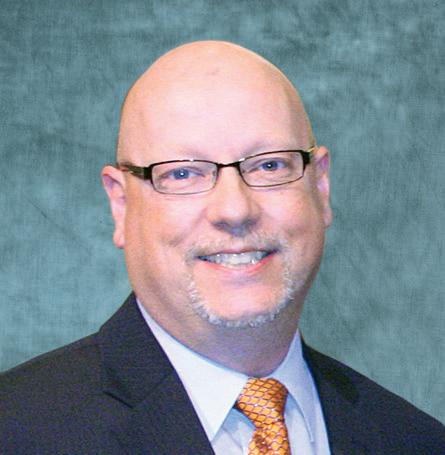Illinois Baptist
November
News journal of the Illinois Baptist State Association



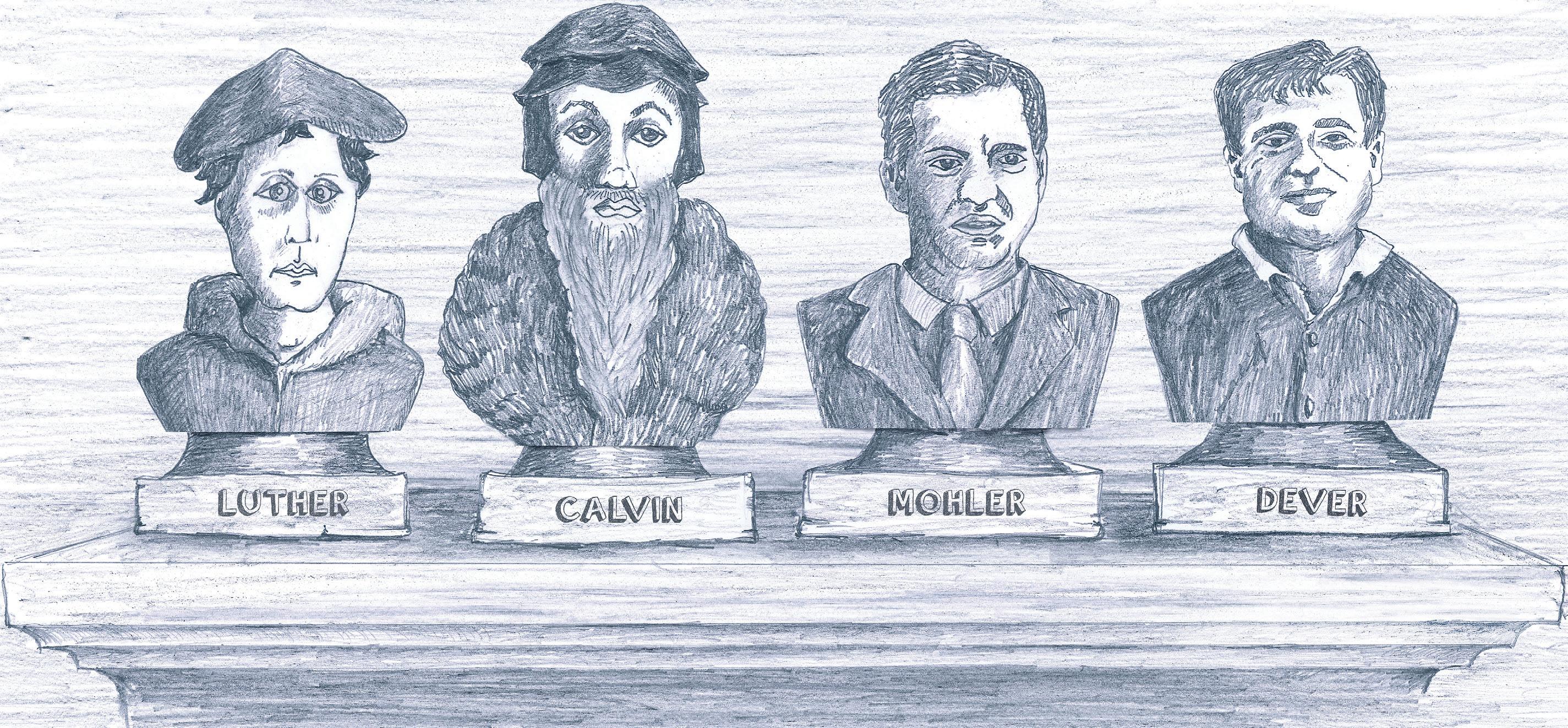
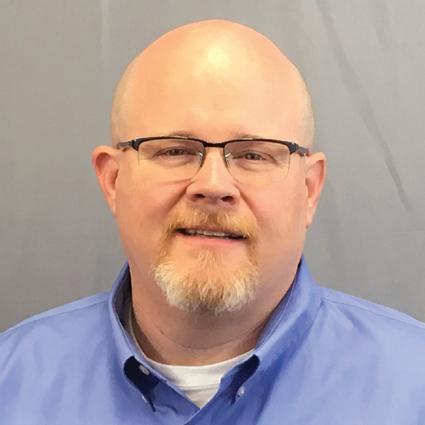


SEPTEMBER 25, 2017
Vol. 111 No. 13

November
News journal of the Illinois Baptist State Association







SEPTEMBER 25, 2017
Vol. 111 No. 13
Springfield | Illinois Baptist Disaster Relief (IBDR) continues its marathon response in Texas doing flood recovery work in homes drying out after Hurricane Harvey, providing shower and laundry facilities, and preparing hot meals for relief workers and displaced Texans. And a team of childcare volunteers traveled more than a thousand miles to wipe tears away when the response began in early September.
No sooner had the work in Texas ramped up for IBDR when Hurricane Irma swept through Florida. Many wondered if teams would be deployed to the east. Dwayne Doyle, IBDR state director, notified volunteers, “We have made the decision to focus our ongoing work in Texas as a partner with the Southern Baptist Texas Convention Disaster Relief. Many of the Southeastern state Disaster Relief units are leaving Texas to go work with Hurricane Irma victims in Florida.
“We will continue to focus our efforts in Texas because this is where we have identified a specific and strategic need that IBDR can meet.”
“There’s no single approach or strategy that leads to more converts in small churches. Instead, it appears that doing a lot of small things really adds up.”
– Scott McConnell, LifeWay ResearchLifeWay Research asked pastors of evangelical and Black Protestant churches with an average worship attendance of 250 or less: In the past 12 months, how many people have indicated a new commitment to Jesus Christ as Savior through your church?
NATE ADAMSAfter my dad’s mother died, I remember him saying that he physically felt the absence of her prayers. Dad had, in some ways, a challenging personality for pastoring. He was introverted, in many ways non-assertive, a quiet thinker and reader who scripted his sermons by hand so that he could deliver them effectively.
5-9 new commitments
10-19 new commitments
20+ new commitments
Not sure
0-4 new commitments38 132022 7 22% 38% 20%
Researchers identified ways small churches attract and retain more new converts, including:
Holding classes for new attenders
Committing a healthy portion of the church budget to evangelism and missions
Serving outside the church to share the gospel with unchurched people
Having the pastor set up specific hours to share the gospel
– LifeWay Research, Aug. 2017

Giving by IBSA churches as of 9/15/17
$4,192,898
Budget Goal: $4,482,692
Received to date in 2016: $4,218,838
2017 Goal: $6.3 Million
Editor - Eric Reed
Graphic Designer - Kris Kell
Contributing Editor - Lisa Misner Sergent
Editorial Contributor - Meredith Flynn
Administrative Assistant - Leah Honnen
The general telephone number for IBSA is (217) 786-2600. For questions about subscriptions, articles, or upcoming events, contact the Illinois Baptist at (217) 391-3119 or IllinoisBaptist@IBSA.org

The Illinois Baptist is seeking news from IBSA churches. E-mail us at IllinoisBaptist@IBSA.org to tell us about special events and new ministry staff.

POSTMASTER: The Illinois Baptist is owned and published every three weeks by the Illinois Baptist State Association, 3085 Stevenson Drive, Springfield, Illinois 62703-4440. Subscriptions are free to Illinois Baptists. Subscribe online at IBSA.org
So, if you only knew my dad personally, you may have been surprised when you first saw him step into the pulpit, or witnessed him in some other pastoral role. He was wise, articulate, bold, insightful, truly helpful. As a pastor, he was supernaturally equipped for the role to which God had called him, in a way that eclipsed his natural limitations. And I believe this was supernaturally sustained by the devoted prayers of people who supported him over the years, his mother and my mother chief among them.
Our pastors need our sincere and earnest prayer. They need us to intercede spiritually for them, every bit as much as they need us to support them in leading the ministries of our church. Not all pastors face the same challenges that my dad did, but all of them face their own unique struggles and obstacles. If it is primarily those closest to them that sustain them in prayer, just think what could happen with an entire church earnestly praying.
October is Pastor Appreciation Month. If this is not already your practice, let me encourage you to take the month of October to pray for your pastor, and perhaps other pastors you know, daily. At the IBSA.org website, there will be a daily prayer guide to assist you in that discipline.
You will not be alone. Throughout October, our IBSA staff will be praying for every IBSA church pastor, by name. We are also asking for specific prayer requests by e-mail, and personally calling more than 300 pastors for whom we don’t have a current e-mail address, to ask them how we can pray.
I hope many pastors will share specific prayer needs, perhaps some that are difficult to share with church members, and will allow us to pray for them personally in this way. For those from whom we don’t receive specific requests, we will simply use the prayer guide to pray for each pastor.
Many churches give gifts and other expressions of love to their pastors during October. Prayer, especially consistent, daily prayer, is one of the greatest appreciation gifts you can give. When something “appreciates,” it increases in value. And I believe that the sincere, consistent prayers of a congregation will “increase the value” of a pastor more than anything else. And by the way, that’s true even when you may personally struggle with your pastor!
In a recent IBSA chapel, we were talking about praying for pastors. Our state worship director, Steve Hamrick, shared about his dad, also a pastor, who prayed for him daily throughout his ministry. When his dad passed away a few years ago, his father-in-law noted at the funeral how special that prayer relationship was, and committed to him to take up the privilege of praying for Steve from that day forward.
During that same chapel, Steve led us in singing the old Ricky Skaggs song, “Somebody’s Prayin’.” The first two lines of that song are simply, “Somebody’s prayin’, I can feel it. Somebody’s prayin’ for me.”
IBSA pastors, I will be one of those somebodies praying for you throughout the month of October, along with every member of our staff. I hope you “feel” it in the same way that my dad did from his mom. And I hope you will feel it from many faithful church members as well.
Nate Adams is executive director of the Illinois Baptist State Association. Respond at IllinoisBaptist@IBSA.org.

Pastors need our sincere and earnest intercession.
Springfield | The September 12 IBSA Board of Directors meeting was business as usual, with a surprise emotional moment.
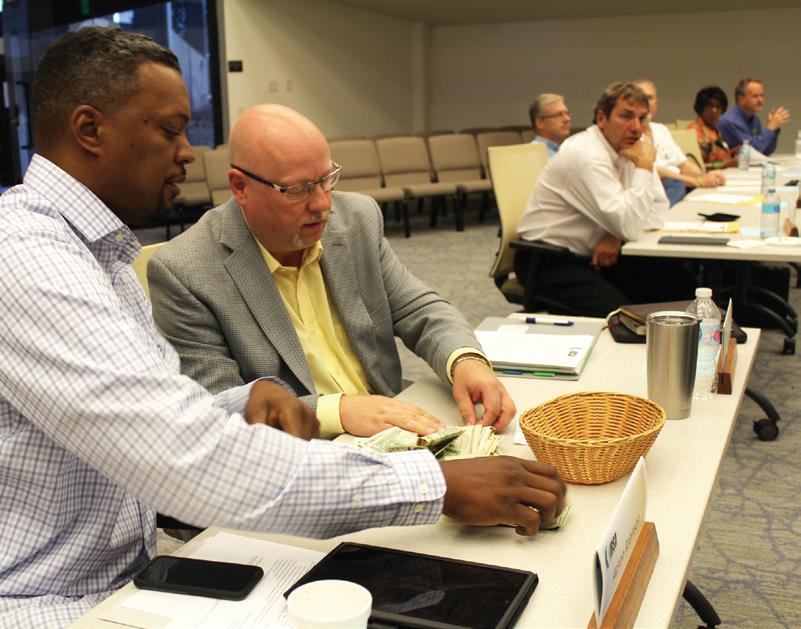
Mark Emerson, associate executive director for the Church Resources Team, reported on the ongoing Illinois Baptist Disaster Relief efforts by volunteers serving in the Houston area following Hurricane Harvey. Emerson shared about the high cost of the deployment—about $1,000 per trailer and $500 per carload of people, plus expenses when they get there.
Board member Rodney Groff was so touched by Emerson’s report, he made a motion for the board to take up an offering. “If we could all give $10 each, we could send a carload of people to the flooded area,” Groff said. When the offering was counted, exactly $500 had been received.
Also during the meeting, IBSA Executive Director Nate Adams encouraged the board to invite their fellow church members to attend the IBSA Annual Meeting and Pastors’ Conference November 7-9 at Tabernacle Baptist Church in Decatur. The theme of this year’s meeting is “Pioneering Spirit,” celebrating the pioneer spirit “so needed in a state where the vast majority of people do not know Christ,” Adams said.
In his Executive Director’s report, Adams noted, “IBSA seeks to inspire giving in cooperation with churches,” and that he is “hopeful to see a rebound in Mission Illinois Offering giving” this year.
Adams also introduced a new pastor appreciation prayer emphasis for the month of October. In late September, IBSA staff will personally contact all of the Association’s nearly 900 pastors by phone or e-mail for their prayer requests.
“We’ll pray for ministry and personal prayer requests. If you have a confidential prayer request, we will pray,” said Adams. “We’ll also provide a prayer guide on our website for you to pray in an intense way for your pastor. As the church goes, there goes the pastor.”
In other business:
• Members elected Mark Davis (Woodland Baptist, Peoria) to serve as chair; Cliff Easter (First Baptist, Metropolis) to serve as vice chair; and Jeanette Cloyd (North Side Baptist, Fairfield) to serve as secretary.
• The board approved an overspend of up to $24,000 to be allowed for the properties budget related to the maintenance of the HVAC units at the IBSA Building.
• The board approved the 2018 Cooperative Program budget of $6.3 million, the same as in 2017. If approved by messengers at the Annual Meeting in November, IBSA will forward 43.5% of Cooperative Program monies to the Southern Baptist Convention, with 56.5% remaining for missions work in Illinois, the same as in 2017.
• IBSA staff members were recognized for years of service, including Sylvan Knobloch, (right in photo) director of church leadership for the Church Resources Team, who will retire in December after 38 years with IBSA; Drew Heironimus, director of information services for the Church Cooperation Team, who has served with IBSA for 20 years; and Pat Pajak, associate executive director of evangelism for the Church Resources Team, who has served on the IBSA staff for 10 years.
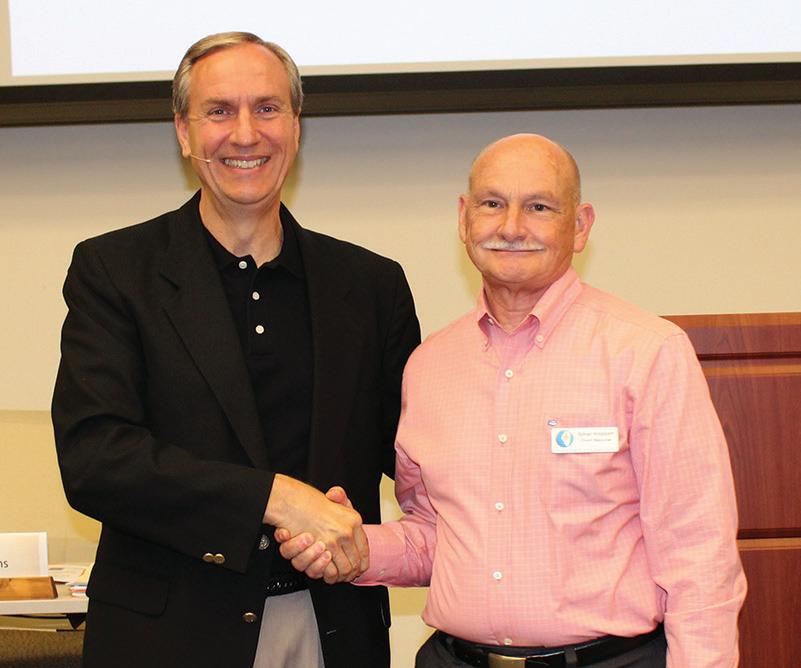


Decatur | The 2017 Annual Meeting of the Illinois Baptist State Association is Nov. 8-9 at Tabernacle Baptist Church in Decatur. The online pre-registration process, detailed in a letter sent to IBSA churches, is now open for those who will serve as messengers, or voters, at the meeting.
Pre-registered messengers should bring their paperwork to the meeting in Decatur, where they will be fast-tracked through the rest of the registration process.
The Decatur gathering will focus on the “pioneering spirit” required of those who settled Illinois nearly 200 years ago, and of Christians today who are seeking to push back spiritual lostness in the state.
“When pioneers were settling Illinois in 1818, only about 35,000 residents lived in the entire state, alongside the Native American population,” said IBSA Executive Director Nate Adams. “It was extremely challenging just to survive and to eke out a living. But some of those early pioneers were also pioneers of Baptist faith. During difficult and dangerous times, they considered it a priority to share the gospel and to start new Baptist churches.

“Today Illinois has over 13 million residents, and only about 80,000 Illinois Baptists in church on a given Sunday. In many ways our Great Commission challenge is greater in 2018 than in 1818. We need a fresh wind of pioneering spirit today.”
Southern Baptist Convention President Steve Gaines will speak during the Annual Meeting, and also will be on hand for the IBSA Pastors’ Conference Nov. 7-8 at Tabernacle in Decatur. (For more on the Pastors’ Conference, see the ad on page 6.) The Pastors’ Conference and the Annual Meeting will each offer dinner prior to the Tuesday and Wednesday evening sessions; for more information and to purchase dinner tickets, go to IBSAannualmeeting.org.
As Hurricanes Harvey and Irma dropped torrential rains over much of the southern United States, social media captured the ongoing tragedy and destruction, the tears and terror and disappointment.
Praise God that his people and his churches have shown his love in amazing ways—heroic rescues, food and water, housing, helping, clothing, hugging. Enormous need for help, however, will continue for months or years ahead.
Here’s an important question: As you send, pray, give, or go to help, how can you ensure that victims know you represent the Lord Jesus himself? Colossians 3:17 instructs, “Whatever you do or say, do it as a representative of the Lord Jesus...”
Here are a few ways to help, along with simple tips to do it “in his name.”
Give financially. Be certain your contribution is given in Jesus’ name Southern Baptist Disaster Relief (SBDR) is the nation’s third-largest disaster relief agency. Our Cooperative Program funds it, and in elevated crisis situations, additional funding is desperately needed. But SBDR is more than good deeds; it’s hands-on Christian witness done in Jesus’ name. You can donate through your church, state convention, or the North American Mission Board.
Pray continuously for grieving, injured, homeless, or weary victims. Pray for government officials and policemen, firemen and city workers, for teachers, neighbors, elderly, children. Pray they’ll know God’s love. Pray for pastors and churches there, and for disaster relief teams and volunteers.
Send people. Thousands more Southern Baptists will be deployed for disaster relief in coming months. Each will go in the name of our Lord. Who will your church send?
Sign up individuals or teams to volunteer and train at NAMB.net or through your state’s Baptist convention. Needs are overwhelming, and will continue for many months. Crews will feed people, help with cleanup, provide temporary childcare, serve as chaplains, wipe tears, and much, much more. And they do it in Jesus’ name.
Send additional resources. If your local association or state Baptist convention is shipping needed items, add a witness. For example, write “Jesus loves me” on a shovel handle. Put a Christian sticker on every peanut butter jar, or a Scripture in each box of diapers.
Help another congregation. Select a specific church in the affected area to help directly. Contact your state Baptist convention for a recommendation, or contact a pastor directly, then sacrificially assist with their needs.
Good deeds are good. Good deeds done in Jesus’ name can impact eternity.
© Diana Davis is an author, columnist, and minister’s wife in Pensacola Beach.

Continued from page 1
Kevin Ezell, president of the North American Mission Board, noted state Disaster Relief organizations have done “an absolutely incredible job” since the landfall of Harvey in Texas on Aug. 25, followed by Irma in Florida on Sept. 10.
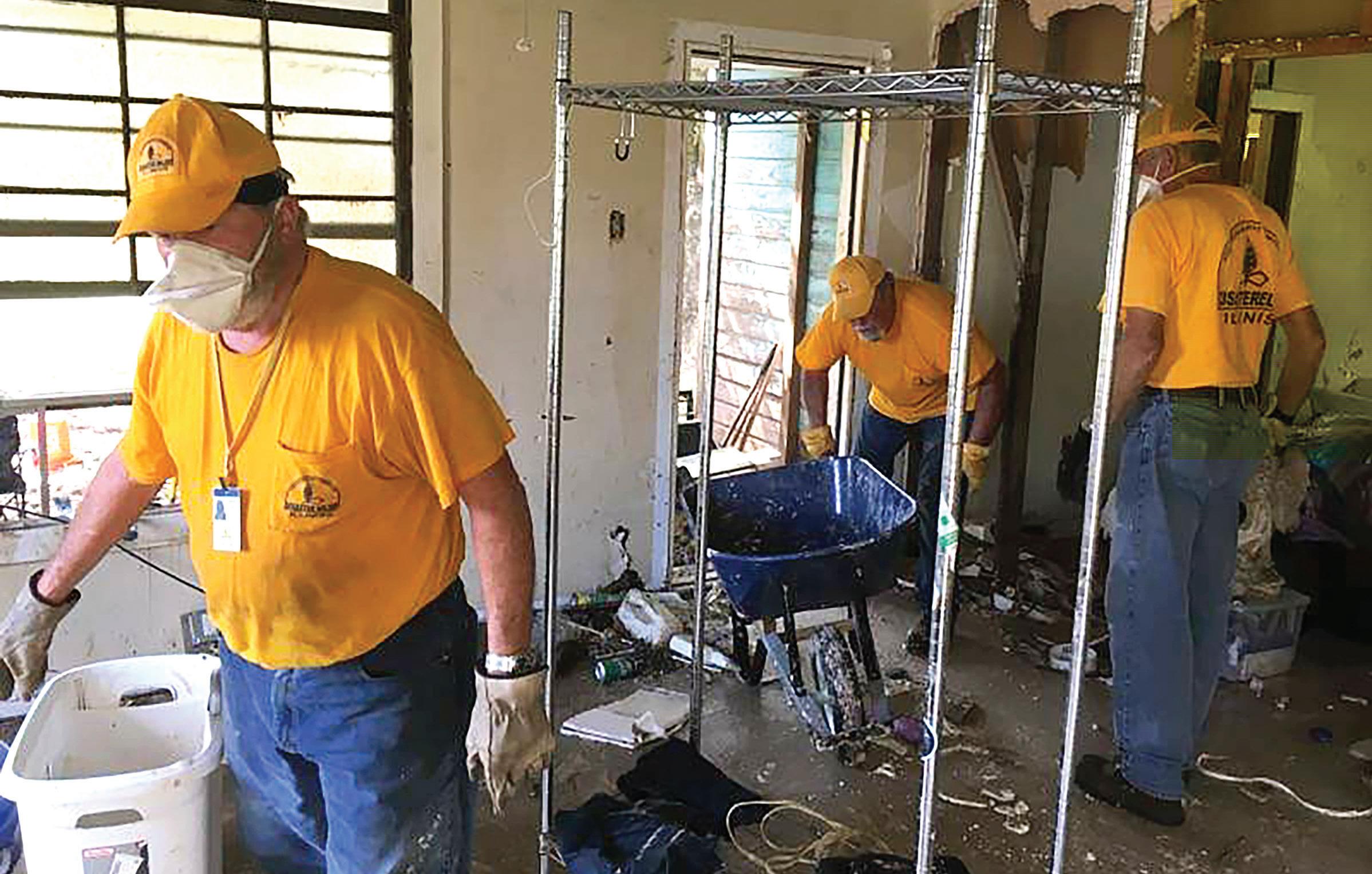
“It’s going to be a long-term response in both places and we need help in the months to come....We have a desperate need for more volunteers in Florida and in Texas,” he said.
Mini Disaster Relief training events were hot tickets in Illinois in September. Nine were held across the state, where at least 150 people received flood recovery training.
IBDR Chaplain Jan Kragness served on the 10-person childcare team that deployed to the Dallas Convention Center to work with some 2,500 Houston-area evacuees housed there. She shared glimpses of her experience on Facebook. On Sept. 2 Kragness shared, “It was a hard day. Many people were rescued by boat day before yesterday. They were brought in at 1:30 a.m. The children and parents were sad and tired. My arms were tired.”
Kragness told the story of one family with three young children. The younger brother “was so unhappy, he could not stand the separation anxiety of being away from Mommy. His 5-year-old sister came into his group area, and held him for comfort. He was almost as big as she was.”
Kragness took the younger brother and sister to their mother. “She loved on the children and tried explaining that she had to get the sister registered for school and there was a long line. But she would be back for them. The mommy looked exhausted.”
That was when the woman told Kragness what had happened. “She explained to me that their home had been broken into and the children assaulted and that was part of the separation anxiety. We had prayer with the mother…So when I took the children back to the childcare area, they were more comfortable but would not integrate with the others and could not let go of me.”
About an hour later, the older brother came to check on his siblings. He told Kragness, “Miss Jan, we’ve got trouble at our house. Big trouble.” She told him, “Well, if you would like to talk about it, I would be glad to listen.”
He shared, “Our house was broken into by a bad man. He knocked down my brother, and hurt my sister. Mommy is scared and Daddy is mad. Our house is scary and we have trouble.”
Kragness said, “I am so glad you shared with me. And I am so glad you are safe now. There really are lots of people who are watching over you, but the greatest of all is Jesus. Shall we pray and ask Jesus to care for you and your family and keep you safe?”
“Yes, please pray to Jesus for me,” he said.
Kragness assured him Jesus was listening to him anytime and everywhere. He prayed, “Jesus, please keep my little brother and my sister safe and help Mommy and Daddy to not be so worried.”
Kragness wrote, “He looked so relieved. He hugged me and ran off to play football. My heart ached to follow him and hold him close. But I knew Jesus had that job handled.”
The response continues
More IBDR teams are on their way to Texas. Teams that have already served in the Beaumont area include:
- A 26-person mobile kitchen team based out of Living Faith Baptist in Sherman, along with Incident Command leadership and shower/laundry trailers from both Franklin and Macoupin Associations. It was mobilized with volunteers from across the state.
- A flood recovery team with members from central and Metro East Illinois.
- A team from FBC Galatia with members trained in flood recovery, mass feeding, and shower/laundry trailers.
To learn more about the callouts, training, and how to donate, visit IBSA.org/DR.
Nashville, Tenn. | Being married to a pastor means a life filled with joy, purpose, and a lot of headaches, according to a new study released Sept. 12.

Most pastors’ spouses feel a call to ministry and enjoy their roles inside and outside their church, notes the LifeWay Research study about the lives of Protestant pastors’ spouses. But many also have few friends, think they yell at their kids too much, and worry about money.
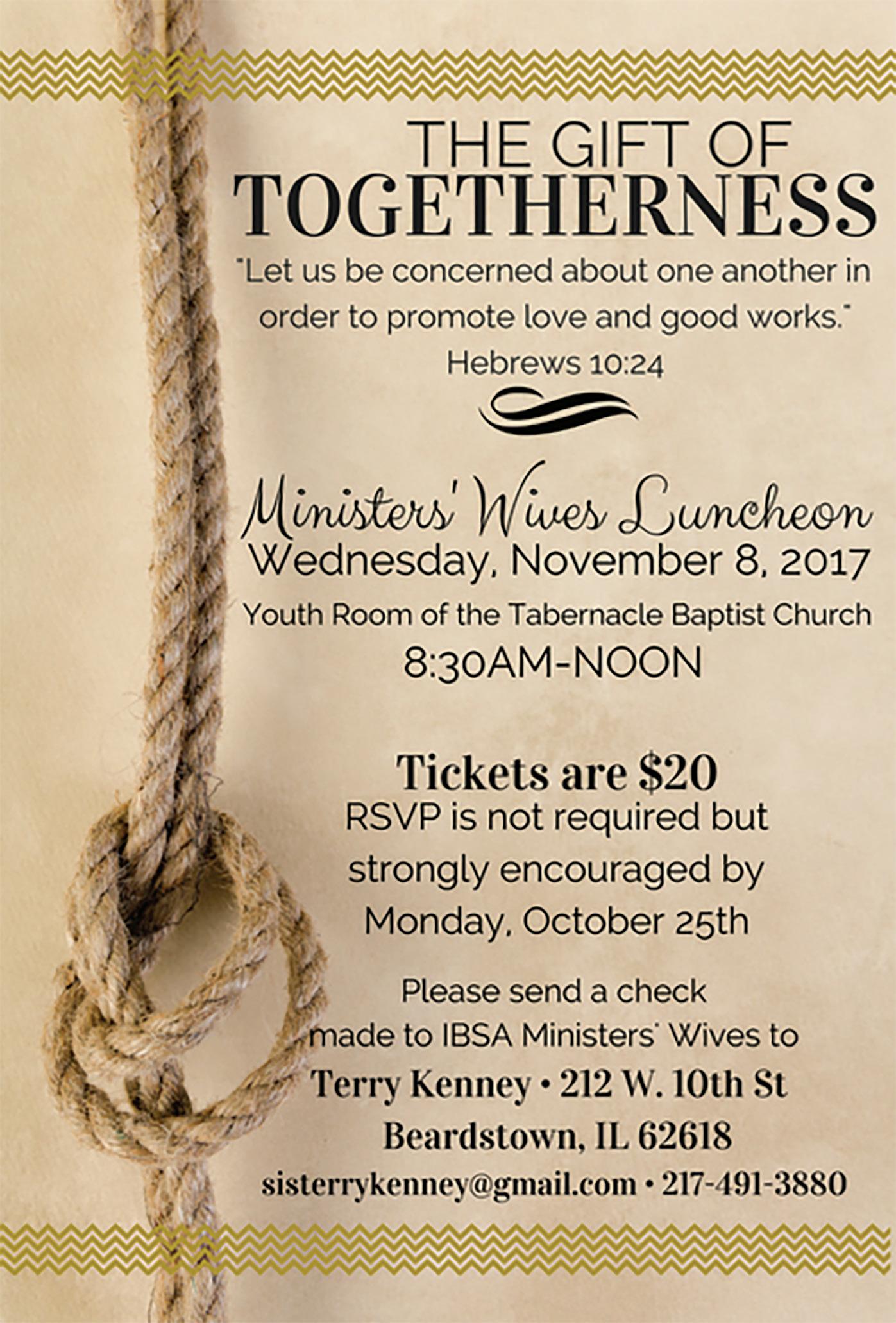
The survey focused mainly on spouses of senior pastors or solo pastors at Protestant churches from a variety of denominations. Most of the spouses are married to pastors who work at least 35 hours a week for the church, and half have children at home. Half have also spent at least 20 years as a pastor’s spouse.
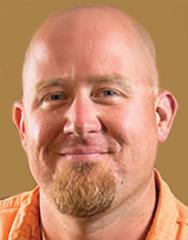

Most—96%—are women, and 81% also feel a strong call to ministry. And in the big picture, they’re satisfied with their lot in life.
Among the findings:
• 93% believe their spouse is a good fit for the present church.
• 90% think ministry has had a positive effect on their family.
• 85% say, “The church we serve takes good care of us.”
• 83% enjoy their ministry work.
• 79% are satisfied with their role in ministry.
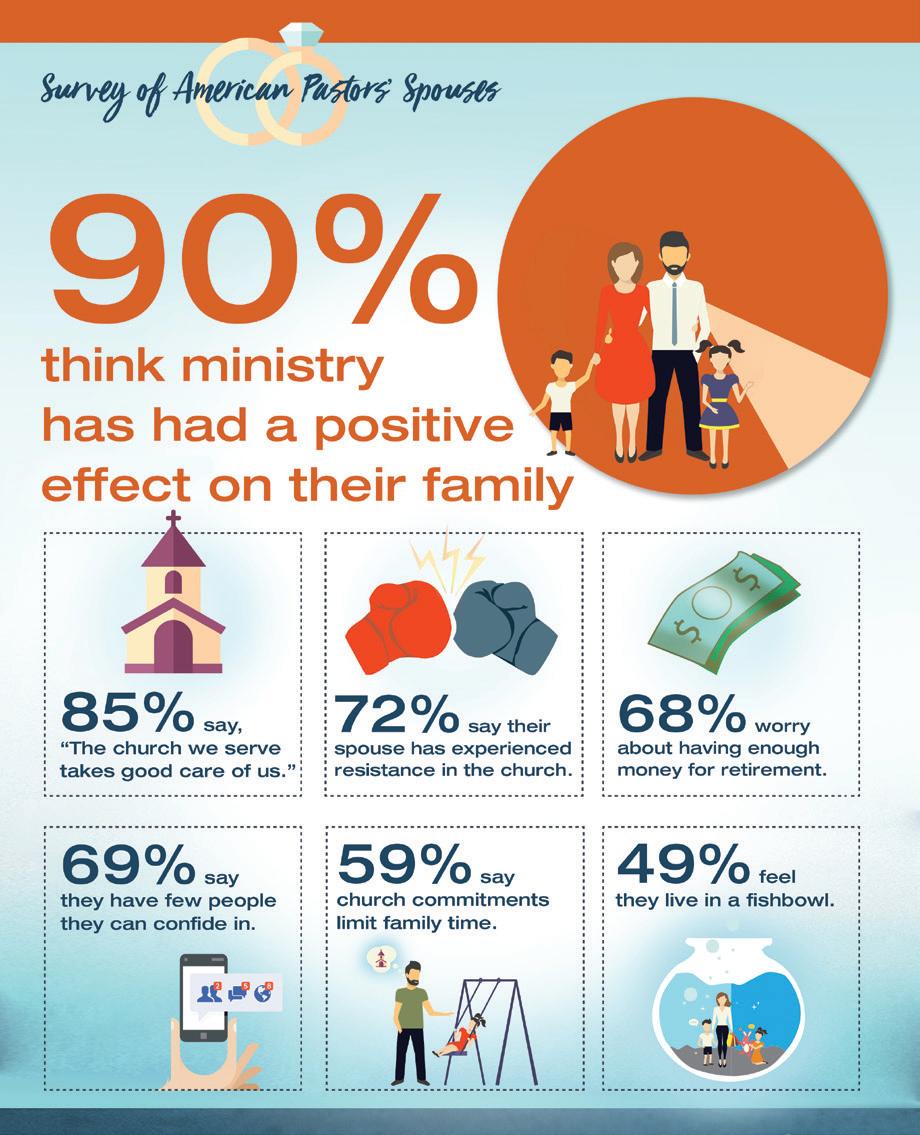
Still, there are many challenges. Conflict in church and a sense of loneliness are commonplace. Among
the issues:
• 72% say their spouse has experienced resistance in the church.
• 69% say they have few people in whom they can confide.
• 68% worry about having enough money for retirement.
• 59% say church commitments limit family time.
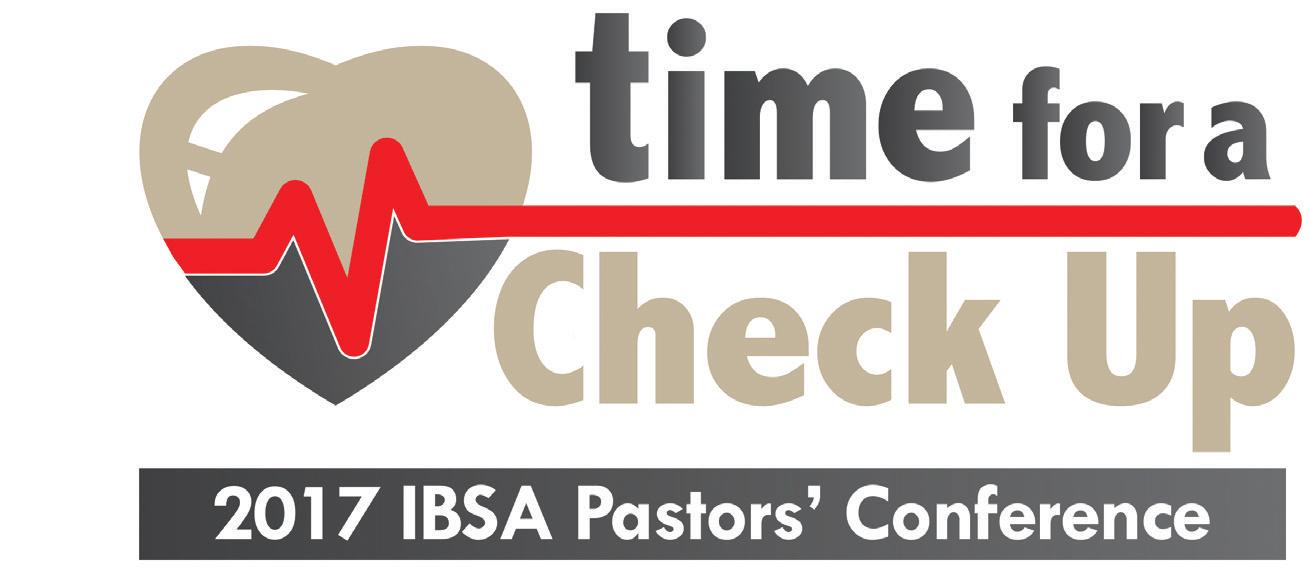
• 49% say, “If I were honest at church about my prayer needs, they would just become gossip.”
Half of the spouses surveyed said they don’t confide in people at church because they’ve been betrayed in the past. About half (55%) also say they don’t have enough relationships where they can be themselves.
That’s in part because there is constant pressure to keep up appearances, according to the LifeWay Research survey. Seventy-nine percent say their congregation expects their family to be a “model family,” while 86% say they are expected to have a model marriage.
Many of the challenges pastors’ spouses face aren’t unusual, said Scott McConnell, executive director of LifeWay Research. Lots of Americans worry about money or feel lonely, he said. They struggle with conflict at work and have a hard time balancing work and family responsibilities.
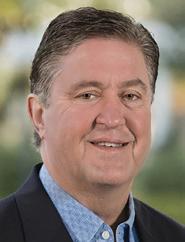
But few have the added pressure of being role models or spiritual examples, he said. That makes the role of a pastor’s spouse unique.
Despite the complicated nature of their lives, ministry remains rewarding for many pastors’ spouses. “They feel a sense of joy and satisfaction in their work,” McConnell said. “And they see that as a blessing.”
– From LifeWay Research
November 7-8
Tabernacle Baptist Church, Decatur
This year’s conference also includes breakout sessions and a Tuesday evening dinner. For more information and to RSVP for dinner, go to IBSAannualmeeting.org
5-point status report
Southern Baptists wrestle with the meaning of the Reformation for today, as the number of Calvinist adherents grows
The New Reformers
Some of their names are familiar, some not, but all their contributions to the contemporary movement are significant
Rich but neglected
Theologian David Dockery says all Southern Baptists are beneficiaries of the Reformers’ groundbreaking work
Plus: ‘Toons!’
Cartoonist (and pastor) Dennis Fletcher lends a touch of humor to a celebration 500 years in the making
Nailing his 95 theses to it on October 31, 1517, disgruntled monk Martin Luther made the church door at Wittenberg (above) a famous 16th-century landmark, and a modernday tourist attraction.
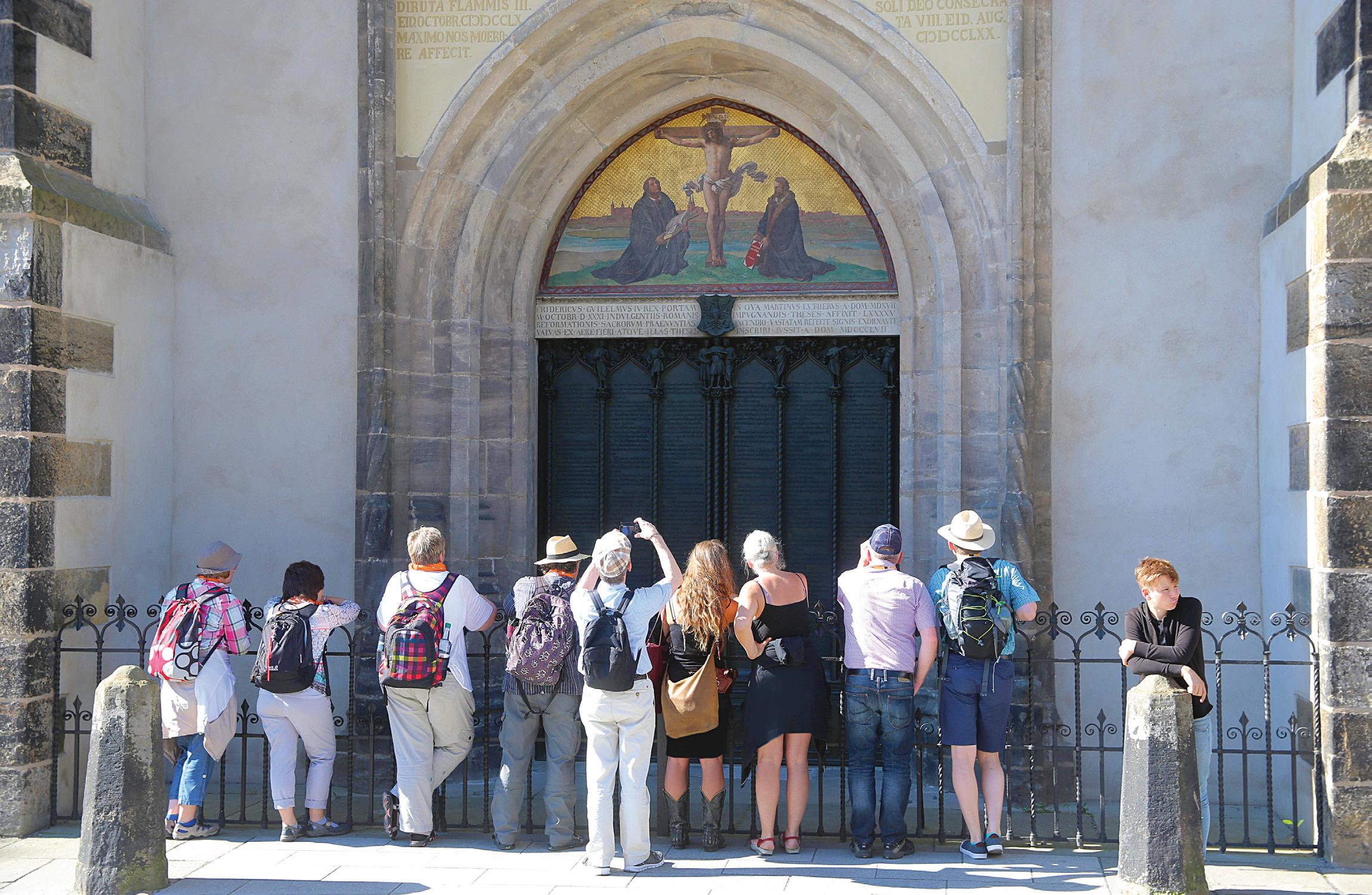
Inside the castle at Wittenberg on a Reformation tour (right), Southern Seminary President Al Mohler preaches in the chapel where Luther regularly spoke.
Today, the work of early Reformers is carried on by theologians and church-goers alike who continue to explore the doctrines of grace and election, sovereignty and salvation. For Southern Baptists, the issues raised at this 500th anniversary are becoming more critical than ever.
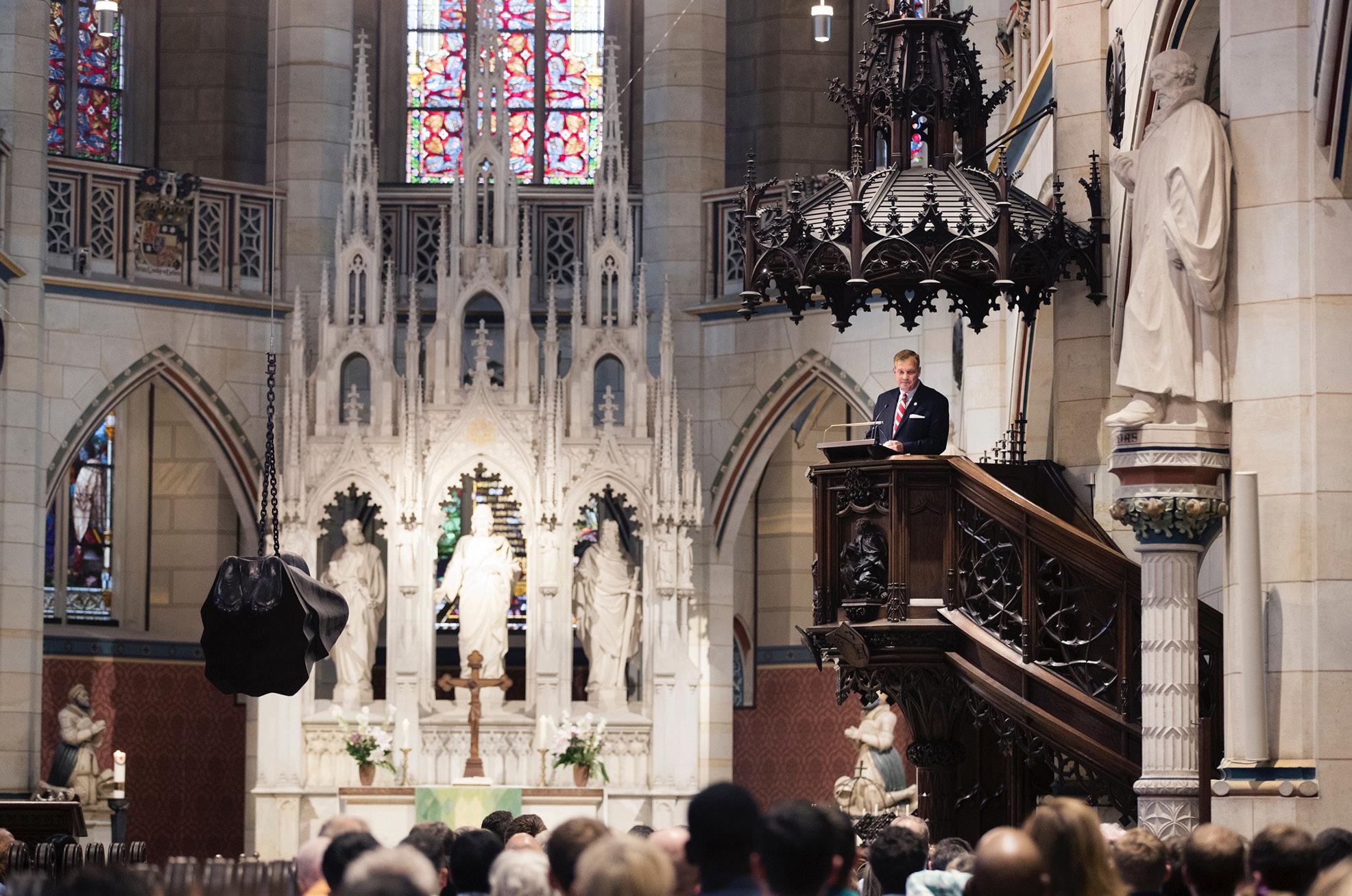
Our differences are theological and generational—and growing.
BY MEREDITH FLYNNFive hundred years after Martin Luther sparked the Protestant Reformation with his publicly posted list of grievances against Catholic church leaders and practices, to say the movement made a lasting impact on Christians of all stripes is a gross understatement.
Southern Baptists have certainly been shaped by the doctrines of the Reformation (see David Dockery’s article beginning on page 11), but the question of just how Reformed we are has created a growing divide in the denomination. As Christians worldwide celebrate the anniversary of the Reformation on October 31, Southern Baptists continue to wrestle with how deeply we will be people of the Reformation in the next hundred years or two.
In his 2017 book on the Reformation, Alec Ryrie wrote that “like all great revolutions, it had created a new world.” And, like all revolutions, the Reformation has come with its own set of growing pains. Over 500 years, believers and non-believers have struggled with the tenets of the Reformers, leading to the formation of many Christian denominations, and differing strains even within those groups.
Baptists have roots in the Reformation, but often hold with varying degrees of conviction to the five points of doctrine most closely associated with Reformed theology, or Calvinism.
In the past decade, the debate over theology in the Southern Baptist Convention has found a new home: Blogs have given voice to proponents of Calvinism, and also to those who consider their soteriological views to be more traditionally Southern Baptist. The two streams hold separate meetings and conferences, but also gather annually at the Southern Baptist Convention, and have pledged to focus on the primary issues of evangelism and the Great Commission, rather than letting secondary issues divide them.
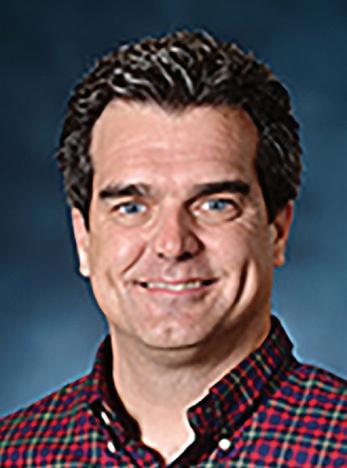
But exactly what that looks like is unclear, as is how the theological debate in the Convention will ultimately affect Southern Baptist churches. With baptisms trending downward, the questions of why and how and when we do evangelism, and what we say when we do it, have never felt more important.
As Alabama pastor Eric Hankins told the Illinois Baptist, “The controversy (over Reformed theology in the SBC) isn’t driven by pragmatic issues of working together. It’s driven by the growing realization that the two soteriological systems are incompatible.
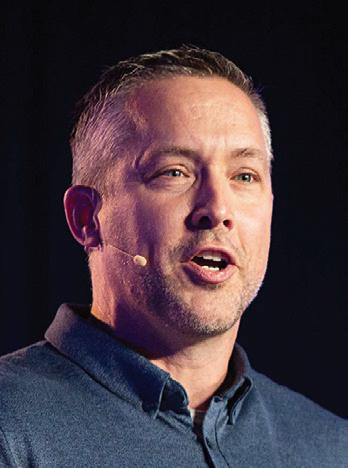
“Should I want to share the gospel [along] with someone who thinks I have a deficient view of the nature of conversion? We’re going to have to articulate very specifically why we want to continue to work together when we believe very different things, or one side is going to have to make some adjustments in its doctrine.”
Judging from the proliferation of passionate theological arguments shared over the past decade, that’s unlikely.
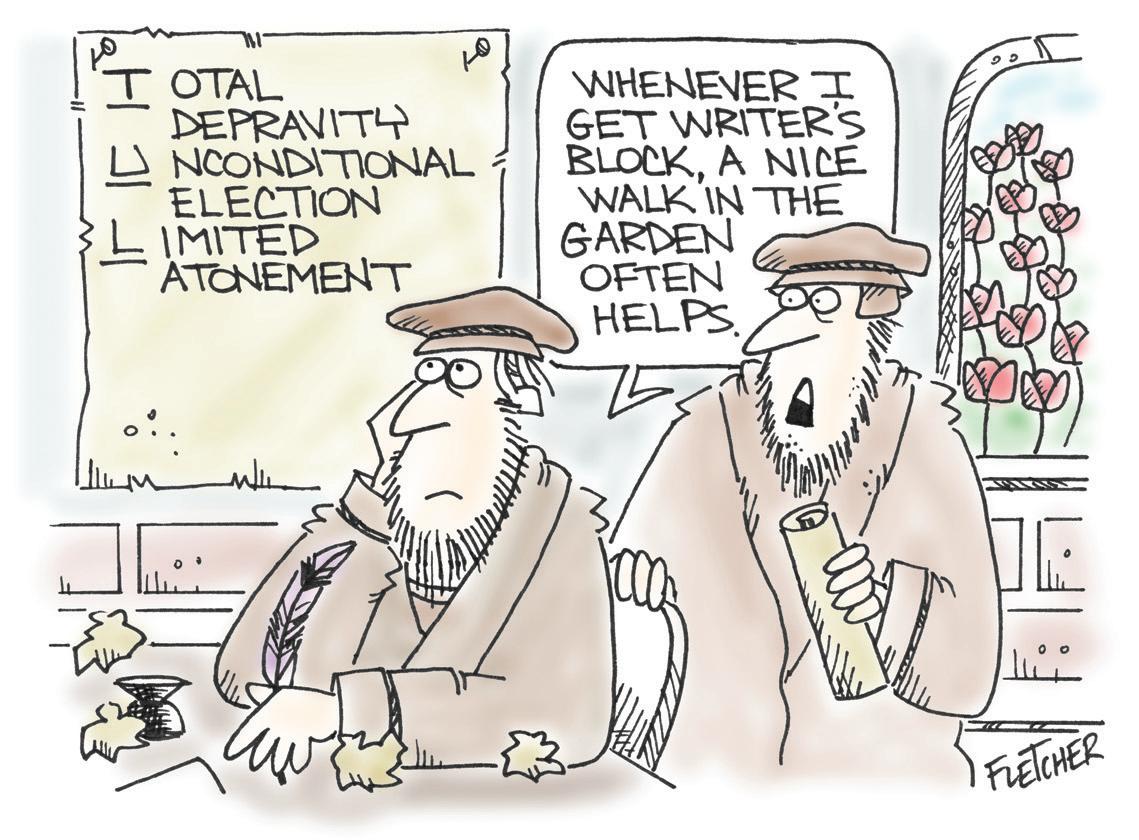
“I am not a Calvinist,” Southern Baptist Convention President Steve Gaines wrote in an e-mail exchange earlier this year. Yet Gaines, pastor of a Tennessee megachurch, leads a denomination that
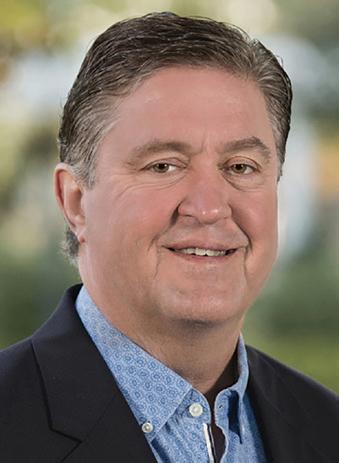
most admit is increasingly Calvinistic in its leadership, if not in its pews.
“Without question, Calvinism is increasing in the SBC. How will that affect the SBC in the years to come? I don’t know,” Gaines said in the e-mail interview with Kyle Gulledge, editor of the blog SBC Today.
“I am not a Calvinist. I believe God loves everybody the same, Jesus died for everybody the same, and that anyone can be saved….If someone hears the gospel and is not saved, it is because they chose to reject Christ, not because God chose not elect them to salvation,” Gaines said.
“Many Calvinists would have a problem with what I just said. Yet, I am convinced that what I just said represents the prevailing theological beliefs of the majority of Southern Baptist laypeople.”
Gaines’ words are echoed in the principles that bond Connect316, a group of Southern Baptist pastors and leaders who organized in 2013 around what they called a “traditional” Southern Baptist understanding of salvation theology. At the recent Connect316 meeting in Phoenix, Hankins pointed to the influence of Calvinism in the SBC over the past 25 years, noting, “It’s clear that traditionalists, even though we are the theological majority in the SBC, are the minority in terms of leadership and influence in the convention.”
Much of that influence emanates from SBC seminaries, including arguably the most influential Southern Baptist Calvinist, R. Albert Mohler, Jr., president of Southern Seminary in Louisville, Ky. Many credit him with facilitating the rise of Calvinism in the denomination. And two of his former staff at Southern are now leading SBC seminaries as well, Danny Akin, president of Southeastern, and Midwestern President Jason Allen. Together, three of the six SBC seminaries have schooled a generation of pastors in the Reformed perspective. The question is whether any of the remaining three will shift their theological slant when new leadership takes office.
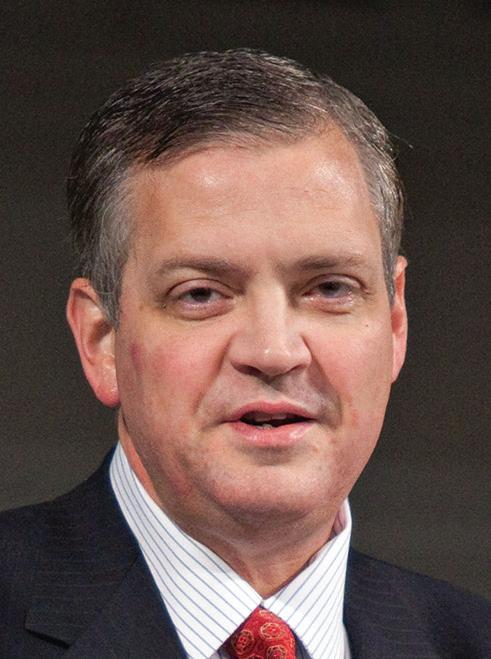
In 2006, Mohler sat down with another seminary president to publicly discuss the growing theological divide in the SBC. Paige Patterson, 74, president of Southwestern Baptist Theological Seminary and a nonCalvinist, was Mohler’s foil in two standing-room only sessions during the Pastors’ Conference in Greensboro, N.C.
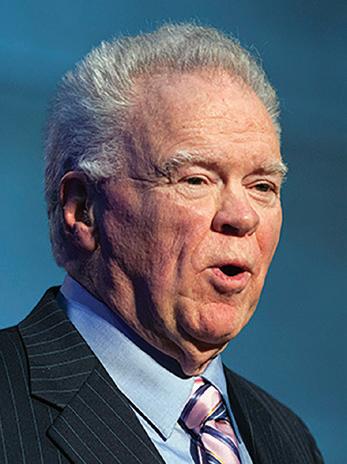
Baptist Press’ reporting on the conversation between Mohler and Patterson emphasizes both men’s congeniality toward one another, despite their clear theological differences. “This is a conversation among close friends,” Mohler said. Each warned those who would agree with them against vilifying the other side.

“I would caution my non-Calvinist brethren against the conclusion that the doctrine of Calvin automatically means that a person will not and cannot be evangelistic,” Patterson said. “…One of the commands that the Lord gives is to take the gospel to the ends of earth. No Calvinist worthy of his stripe would thereby disobey a command of God.”
Mohler urged Calvinists to remember their first priority. “It is not healthy to have a person who will drive across the state to debate Calvinism but won’t even drive across the street to share the gospel.”
The seminary presidents pointed in 2006 to the key area of impact for today’s theological debate: evangelism.
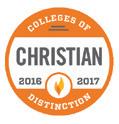
The level of debate intensified in the years leading up to 2012. Just before the 2012 SBC annual meeting, a group of Southern Baptists released “A Statement of the Traditional Southern Baptist Understanding of God’s Plan of Salvation.” Primarily authored by Hankins, the document lays out “traditional” Southern Baptist understanding on salvation, and calls out some “New Calvinists” for trying to establish their position as “the central Southern Baptist position on God’s plan of salvation.”
“I’m
In its 10 articles, the statement addresses points of doctrine affirmed by traditionalists, and others they reject. For instance, on the election to salvation, the traditionalist statement says, “We affirm that, in reference to salvation, election speaks of God’s eternal, gracious, and certain plan in Christ to have a people who are his by repentance and faith.
“We deny that election means that, from eternity, God predestined certain people for salvation and others for condemnation.”
Mohler, responding to the statement, said it was time for the two sides to come together and talk. “May God save us from dividing into tribes, even as we gladly and eagerly talk with one another about the doctrines we cherish, and especially when we

Author, Illusionist and Cancer Survivor
Monday, October 9 7:00 p.m.
A

Tickets are $25 each; priority seating is $75.
Questions? Contact Julie Schmidt at julie.schmidt@JudsonU.edu or 847.628.2076

The traditionalist statement set the stage for a potentially contentious annual meeting in New Orleans, the very year that the Convention was set to take an historic step.
“Calvin’s been around 500 years, and we have to debate this now?” SBC President Fred Luter winningly joked about the SBC theological debate on a visit to Illinois in 2013, nearly a year after he was elected the denomination’s first African American president. “Why do you guys want to do this on my watch?”
Luter’s good-natured handling of the debate surrounding theology was mostly mirrored at the New Orleans convention, as speakers from the podium urged unity despite differences. Messengers approved a resolution on the “sinner’s prayer,” affirming it as a biblical expression of repentance and faith. And that fall, SBC Executive Committee President Frank Page appointed a Calvinism study committee to come to a consensus—of sorts—as to how Baptists could work together despite theological differences.
Prior to the Southern Baptist Convention in Houston in 2013, the Calvinism study committee released its report. In it, the group, which included Calvinists and non-Calvinists, wrote about what principles ought to govern theological conversation within the SBC, and detailed specific points of doctrine.
The report also included specific suggestions for Baptists operating within the theological tension,

highly sought-after magician, Jim Munroe is known for his bewildering acts of illusion. In 2009, he received a leukemia diagnosis that would change his life – and force him to confront his skepticism about God and the human existence. Since
like how candidates for ministry positions (and the search committees interviewing them) ought to be “fully candid and forthcoming about all matters of faith and doctrine.”
Mohler and Hankins had a public conversation about their experience on the study committee in the fall of 2013, modeling for seminarians at Mohler’s institution how to have a dialogue about areas of disagreement. When the conversation turned to evangelism, Mohler used the example of John Wesley and George Whitefield—leaders who had different soteriological views, but who shared the gospel the same way, he said.
“I think we can mislead not only others but ourselves in thinking that we have to have an absolutely common unified soteriology in order to tell people about Jesus because, if so, Southern Baptists would have had to stop doing common missions a very long time ago,” Mohler said.
Their conversation also touched on some of the more personal fallouts of the debate, with Hankins confessing that he as a traditionalist had been made to feel like his soteriology was deficient, or that he was dangerous.
Mohler countered that because they disagree, he does indeed find Hankins’ soteriological views deficient (to laughter from the audience), but not deficient enough to disallow missional cooperation.
“I would not want to be in cooperation with someone who’s soteriology I felt was deficient in a way that harmed the gospel and made common evangelism and missions impossible….If I felt that your soteriology was deficient in any way such as that, this isn’t the kind of conversation we’d be having.”
The 2018 SBC annual meeting in Dallas could be the next time the theology debate is poised to make an impact on Southern Baptist life. Gaines will complete his second and final one-year term as president, and could nominate North Carolina pastor J.D. Greear for the office. Gaines mentioned that prospect in 2016, after Greear withdrew his candidacy to prevent a second run-off election between the two.
At the 2017 annual meeting in Phoenix, Gaines confirmed the account, but declined to speak further because he and Greear haven’t discussed it since, according to the North Carolina Biblical Recorder
Prior to the 2016 convention, Gaines and Greear were viewed as representative of different parts of the SBC: Gaines, then 58, is by his own admission “not a Calvinist.” Greear, then 43, represents a generation that has increasingly embraced Reformed theology. Before Gaines’ election in St. Louis, The Christian Post online newspaper said in a headline, “SBC votes today on whether Millennial Reformed
theology represents the future.”
In the end, unity and a cooperative spirit won out. The candidates met, each seeking a way to avoid division, and both volunteered to step aside before Greear ultimately convinced Gaines to accept his concession.
In 2018, should Greear be nominated and elected, he would be the first of his generation of Reformed thinkers to hold the office of SBC president. He also would have the responsibility that all SBC presidents hold to name the Committee on Committees, which names the Committee on Nominations, which nominates trustees for SBC boards. Gaines recently outlined that process, in answer to a question by SBC Today about how everyday Southern Baptists can have a voice in SBC life.
“If ‘the grass-roots, mom-and-pop Southern Baptist members’ want their voice to be heard, they need to elect SBC presidents that will appoint SBC Committee on Committee members who will appoint people who share their convictions,” Gaines said. “They should attend every SBC annual meeting and vote for the SBC president who will best represent their views.”
Gaines has made prayer and evangelism the markers of his presidency. At the June annual meeting in Phoenix, he encouraged all Southern Baptists to focus on evangelism, “regardless of their doctrinal convictions on the matter,” Baptist Press reported.
“Our world is going straight to hell and we need to be one in telling people about Jesus and not letting these secondary things divide us,” Gaines said during a panel discussion hosted by Baptist21, a network of younger Baptist leaders.
He has appointed a soulwinning task force to reverse the trend of declining baptisms and to renew evangelism in the denomination. Greear is part of the team.
“The main thing we can do to go forward is to focus on winning people to Jesus Christ,” Gaines said in Phoenix.
“If you’re a Calvinist or a non-Calvinist, you don’t know who’s lost and who’s saved. I would just say if you’re going to be a Calvinist be a Spurgeon Calvinist, and let’s go out and tell people about Jesus Christ. The bottom line is this: we’re supposed to ask people to repent and believe in the gospel.”
MULTIPLE VIEWS – Southern Baptist Convention President Steve Gaines (left) and other SBC leaders addressed several denominational issues, including theological differences, during a panel discussion at June’s annual meeting in Phoenix. With Gaines, panelists are (left to right) Albert Mohler, Danny Akin, ERLC President Russell Moore, J.D. Greear, Texas pastor Matt Chandler, Baptist Convention of Maryland/Delaware Executive Director Kevin Smith, and moderator Jedediah Coppenger.
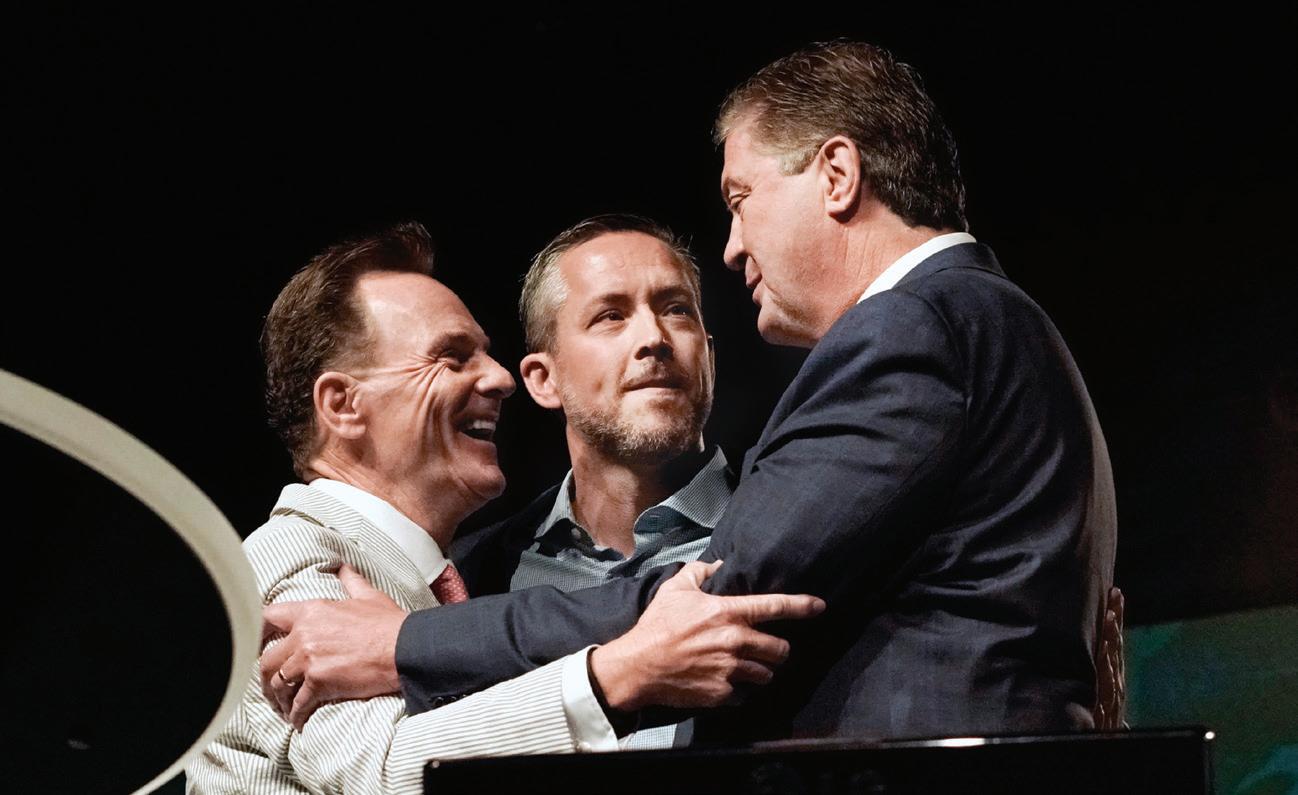
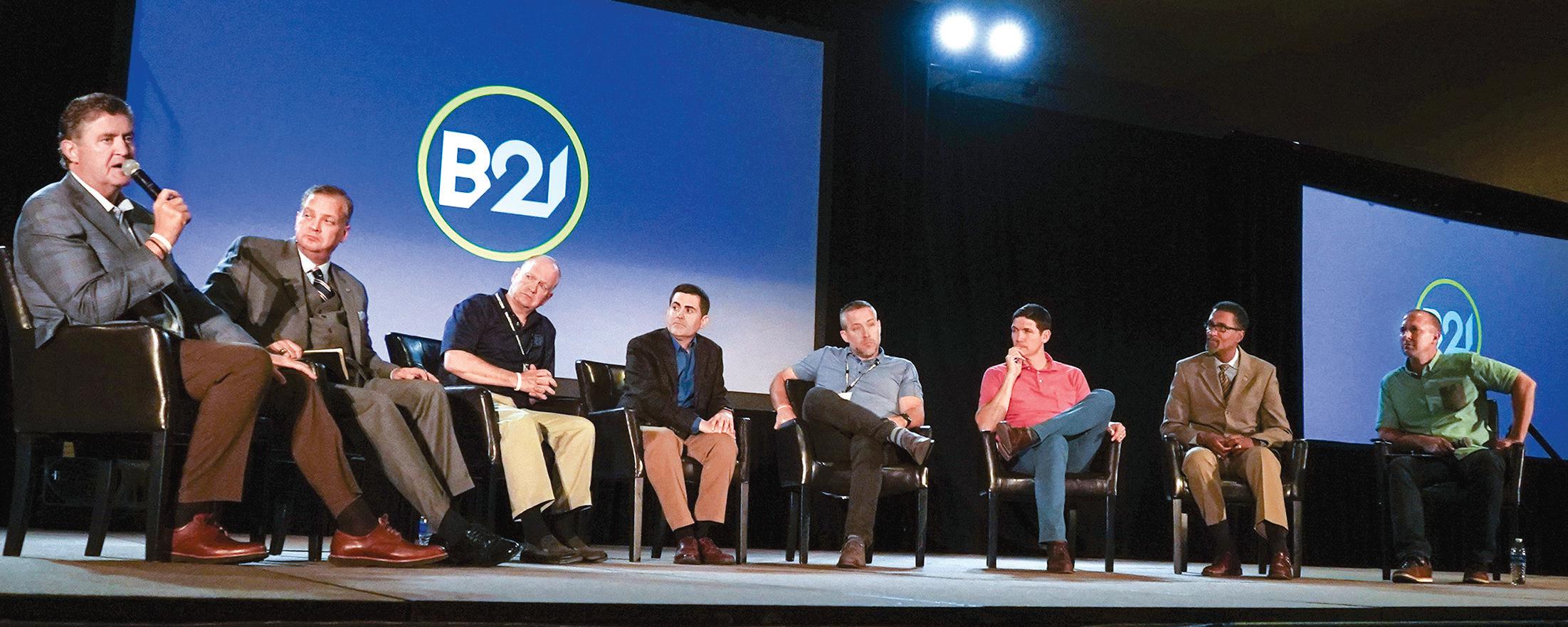
Calvinism – Tradition named after 16th-century French reformer John Calvin that emphasizes the sovereignty of God in all things, man’s inability to do spiritual good before God, and the glory of God as the highest end of all that occurs
Arminianism – Tradition named after 17th-century theologian Jacob Arminius that seeks to preserve the free choices of human beings and denies God’s providential control over the details of all events
Soteriology – Theology dealing with salvation, especially as effected by Jesus Christ
Atonement – The work Christ did in his life and death to earn our salvation
Providence – The doctrine that God is continually involved with all created things so that he maintains their existence, guides their actions, and directs them to fulfill his purposes
– From Baptist Press
together to decide how they could avoid causing further division in the convention. Prior to the run-off, Greear conceded to Gaines.
You’ve heard about the “old” Reformers such as Luther, Calvin, and Zwingli. Their recovery of core biblical doctrines paved the way for what we call Protestantism.
Those first Reformers certainly did not agree on everything, but when it came to the mysterious interplay of divine sovereignty and human responsibility in salvation, they all leaned toward prioritizing God’s role. This position has come to be referred to as ‘Calvinism’ or ‘Reformed theology.’
Yet from the earliest days of Protestantism there arose an alternate stream that tilted toward a greater emphasis on human free will. This camp is generally called ‘Arminian’ or ‘non-Reformed.’
Throughout the last 500 years of Protestantism, each of these traditions has enjoyed times of ascendancy and also experienced periods of decline in popularity. Even among Baptists, both strands have been present since the beginning, and continue to vie for influence today.
To the consternation of some and celebration of others, Reformed theology has been on the rise over the last several decades. In 2009, Time magazine even included the movement on its list of “10 ideas changing the world right now.” Here are some of the new Reformers who have been instrumental in Calvinism’s comeback:


Though he is British, J.I. Packer’s impact on late 20th- and early 21st-century American evangelicalism has been profound. Better known for his writing than his speaking, Packer’s books and articles have re-introduced the spirit of the Puritans to new generations. While displaying theological meatiness, genuine and lively piety also comes through in his works, like the best-selling classic “Knowing God.” And his book “Evangelism and the Sovereignty of God” seeks to dispel the idea that Calvinists do not have motivation to share the gospel.

Together with Packer, R.C. Sproul was a key figure in the “Battle for the Bible” in the 1970s and 80s that produced an articulation of inerrancy that continues to moor many evangelical institutions. In addition to being a popular author, Sproul is also a pastor in Florida and founder of Ligonier Ministries that spreads his teaching through multiple media. Countless people have been introduced to Reformed theology through Sproul and his teaching that if God is not sovereign, God is not God.
CarterJohn MacArthur
Meanwhile, on the West Coast, the faithful ministry of John MacArthur plods on. He is best known for his expositional preaching ministry through books of the Bible. In almost 50 years at Grace Community Church in Sun Valley, Ca., he has preached on every single verse of the New Testament. His Calvinistic flavor is distributed through his radio program “Grace to You,” his conference speaking, and the school he founded, The Master’s Seminary.
Calvinism can be found in several different forms.
Packer is an Anglican. Sproul is a Presbyterian. MacArthur is a nondenominational dispensationalist. The next, and arguably the most influential, of the new Reformers is a Baptist.
John Piper left academia for the pastorate in 1980, serving at Bethlehem Baptist Church in Minneapolis until he retired in 2013. His preaching passionately portrays a big and majestic God who is most glorified in us when we are most satisfied in him.


Piper is known for re-applying the emphases of 18th-century pastor-theologian Jonathan Edwards to today, combining rigorous biblical thinking with white hot religious affections. Piper’s most famous book, “Desiring God,” became the name of his ministry which furthers Reformed theology largely through free online content. Now retired from pastoring, he is still a sought-after speaker and is chancellor of Bethlehem College and Seminary, which he founded to further spread a passion for the supremacy of God in all things for the joy of all peoples through Jesus Christ.
If Piper is best known for directing attention to God’s glory, Tim Keller tries to help people see that the pinnacle of God’s glory is his grace in the gospel of Christ. Keller co-founded The Gospel Coalition, a broadly Reformed network of churches that advocates for gospel-centered ministry.
He has also done more than any other to highlight cities as strategic places for gospel ministry. Keller planted Redeemer Presbyterian Church in the center of New York City in 1989. After seeing dynamic conversion growth over the last 20-some years, he has just recently retired from the senior pastor role there. Now he works with the church planting center that spun off from his church and
has helped start 423 new churches in the last 15 years. Keller waited well into his ministry before publishing much, but now he is cranking out about a book a year, many of which model how to winsomely engage today’s secular city-dwellers with the gospel.
Al Mohler

Al Mohler has been the president of The Southern Baptist Theological Seminary (SBTS) since he was 33 years old. In his book “Young, Restless, Reformed,” Collin Hansen called SBTS “Ground Zero” not only for the Conservative Resurgence in the Southern Baptist Convention (SBC), but also the upsurge of Calvinism. Mohler courageously led the seminary to return to the Abstract of Principles, its original doctrinal statement, which not only reflects a high view of Scripture but also the Reformed bent that some claim was held by the founders of the SBC. Under his leadership, the denomination’s flagship seminary now claims to represent the largest number of students training for pastoral ministry in one place at any time in the history of the Church.
Mark Dever

Mohler teamed up with friend and fellow Southern Baptist Mark Dever and others in 2006 to start a conference called Together for the Gospel, which has fanned the flame of Calvinism via bi-annual conferences. Dever also has pastored the historic Capitol Hill Baptist Church in Washington, D.C., since 1994, overseeing its renewal. Out of that experience he wrote a book titled “Nine Marks of a Healthy Church” that birthed a ministry by that name which seeks to build healthy local churches. Through materials, conferences, and internships, Dever has impacted many pastors seeking to reform the church.
While all the figures mentioned above are currently alive, they range in age from 57 to 91—not exactly young. Who will provide leadership for the next phase of this movement? Several new New Reformers have already crashed and burned.
Furthermore, there is a (white, male) elephant in the Reformed room—the list above includes no people of color or female voices. There are some signs Reformed theology is gaining traction in minority contexts, as seen in places like the Reformed African American Network (RAAN) led by Jemar Tisby. There are also Reformed conferences, blogs, and books popping up that are for and/or by women (e.g. Aimee Byrd’s “Housewife Theologian”).
In many ways, the future of the new Calvinism remains to be seen. But as a Calvinist would quickly remind you, “God knows, and he is in control.”
The Lord blessed me with the wonderful privilege of growing up in a Christian home—a faithful, Baptist home. Sundays for our family included Sunday school, church services, and afternoon choir practice, as well as Bible Drills, Discipleship Training, and Sunday evening afterchurch fellowship. It was generally a very busy day. Wednesdays included church suppers, prayer meetings, mission organizations, committee meetings, and another choir practice.
During the week there were opportunities for outreach visitation, WMU, and other activities. Summer calendars were built around Vacation Bible School, church camps, and other churchrelated events. My family planned weeks and seasons around church activities. Our heroes were Lottie Moon, Annie Armstrong, and Bill Wallace of China. But apart from a world history course as a high school student, I do not recall ever hearing stories about the Reformation, Martin Luther, Ulrich Zwingli, John Calvin, or other early 16th-century Protestant leaders in any church-related activity.
My guess is that my experience parallels that of many other readers of the Illinois Baptist. Why then should Baptists pay attention to the many events and programs taking place this year to commemorate the 500th anniversary of the Reformation, for we are not Lutherans, nor Anglicans, nor Presbyterians. Yet, whether we realize it or not, many of our core convictions as Baptists have been influenced or shaped by those 16th-century thinkers.
What was the Reformation?

The Reformation was a wide-ranging movement of theological and spiritual renewal in 16th-century Europe. Many people across Germany and Switzerland over a period of several decades contributed to this movement, but the most visible event, according to tradition, took place on October 31, 1517, when Martin Luther (1483-1546), a monk and university professor, nailed 95 theses to the church door in Wittenberg, Germany.
Luther was concerned with papal abuses and the selling of indulgences (essentially a ticket out of purgatory for loved ones) in the Roman Catholic Church, along with what he considered to be faulty understandings of justification by faith, biblical authority, and other important doctrinal matters.

Philip Melancthon, one of Luther’s colleagues who knew him as well as anyone, called Luther “the Elijah of Protestantism” and compared his influence to that of the Apostle Paul in the first century. Martin Luther roused the church from her slumber, reopened the fountain of God’s Holy Word for many people, and was responsible for directing a generation to know Jesus Christ as their Lord.
When one thinks of the Reformation period, one reflects upon the titanic force of Luther, the good sense and preaching ministry of Ulrich Zwingli (1484-1531) in Zurich, Switzer-
land, and the biblical exposition and theological articulations of John Calvin (1509-64) in Geneva. Among these three important leaders of the Reformation, there is general agreement that the one with the greatest influence was Martin Luther.
Closing the gap from Luther to Southern Baptists
Many people reading this article have grown up in a home or church with experiences rather similar to those I described earlier. Somehow we had a sense that our parents, grandparents, and pastors had received an understanding of the Christian faith as if it had come directly to them from the 1stcentury apostles. We were quite naively unaware of what went on in between then and now. By and large, Baptists do not know very well our heritage, our history, or our theological identity.
The reality is that while we are “a people of the Book,” shaped, formed, and informed by Holy Scripture, we also have the privilege of standing on the shoulders of those who have gone before us who stood on the shoulders of others.
Francis Wayland, a most significant Baptist leader in the 19th century, wrote these words in “The Principles and Practices of Baptist Churches” (1861):
“I do not believe that any denomination of Christians exists, which, for so long a period as Baptists, has maintained so invariably the truth of their early confession…The theological tenets of the Baptists, both in England and America, may be briefly stated as follows: they are emphatically the doctrines of the Reformation, and they have been held with singular unanimity and consistency.”
With Christians through the centuries, Baptists stand with the Reformers in confessing that there is one and only one living and true God, who is an intelligent, spiritual, and personal being, the creator, redeemer, preserver, and ruler of the universe. God is infinite in holiness and all other perfections.
Furthermore, our confession as Baptists maintains that God is triune and that there are within the godhead three persons: Father, Son, and Holy
Spirit. We can say that God is one in his nature and three in his persons.
More specifically, we confess that there is only one God, but in the unity of the godhead, there are three eternal and equal persons, the same in substance, yet distinct in function.
Baptists are “people of the Book.” With Luther, Calvin, Zwingli, and other 16th-century Reformers, Baptists believe it is impossible to define or even describe Christian orthodoxy apart from a commitment to a full-orbed doctrine of Scripture. Baptist theology and spirituality rest on Scripture as the central legitimizing source of Christian faith and doctrine, the clearest window through which the face of Christ may be seen.
The Reformers were also in agreement regarding the truthfulness and authority of Scripture, a belief with very real consequences. Such an understanding of Holy Scripture led to a rejection of the medieval belief and practice concerning papal authority and church tradition.
The Reformers recognized that these matters could no longer be acknowledged as an authority equal with Scripture or as a standard independent of the Bible. Martin Luther summarized well these things when he said, “Everyone indeed, knows that at times the Fathers have erred, as men will; therefore, I am ready to trust them only when they give me evidence for their opinions from Scripture, which has never erred.”
The Reformers believed that medieval thinkers had led the church astray by teaching that human effort and good works, as well as moral or ritual action, would earn favor in the eyes of God, enabling sinners to achieve salvation. A serious ongoing study of the teachings of the Apostle Paul, however, led Luther to the conviction that sinners are granted forgiveness as well as full and free pardon only through faith in Jesus Christ.
Sinners are justified by grace through faith, not by their own achievements. The Reformers were in full agreement that justification is a forensic declaration of pardon, which Christ has won through his victory over sin, death, the law, and the devil.
Standing on the shoulders of the Reformers, Baptists believe that justification is accomplished at the cross of Christ (Rom. 5:10), guaranteed by his resurrection (Rom. 4:24-25), and applied to believers when we confess our faith in Christ (Rom. 5:1). Experientially, we still sin, but God views us as totally righteous, clothed in the robes of our Lord Jesus Christ (Rom. 4:1-8). Because of Christ’s sacrifice, God no longer counts our sins against us (2 Cor. 5:19-21). Thus, justification is even more than pardon, as wonderful as that is; it is the granting of positive favor in God’s sight based on the redemptive work of Jesus Christ (Rom. 3:21-26).
It was John Calvin who emphasized the perseverance of the saints, which Baptists sometimes refer to as the doctrine of eternal security. Our salvation is secured in Christ, and nothing can separate us from the love
Continued on page 13
Five hundred years after the Protestant Reformation, understanding of the doctrines set in motion by the movement is waning among its namesakes, according to new data by Pew Research.
Surveys of Protestants in the U.S. and Western Europe show that those who still hold to the doctrine of sola fide (the belief that people are saved by faith alone) are in the minority: 46% of U.S. Protestants, and 29% in Europe. In the U.S., 52% of Protestants espouse the historically Catholic doctrine that good deeds and faith are required to get into heaven.
Sola scriptura, the belief that Scripture is the only infallible guide for faith and practice, is also held by a minority of U.S. Protestants, with 52% saying believers also need guidance from church teachings and traditions.

The result of the survey, which shows a narrowing divide between Protestant and Catholic beliefs, “is not particularly surprising,” said Paige Patterson, president of Southwestern Baptist Theological Seminary. “Certainly, Catholicism and Protestantism are more alike than any other expressions of religion in the world in their confidence that the Bible is in some sense the Word of God, that Jesus of Nazareth is the center of the Christian faith, in their confidence in the doctrine of the Trinity… and in their general concept of sin defined as rebellion against God,” he told Baptist Press.
“On the other hand, the survey also demonstrates the extent of biblical illiteracy,” Patterson said. The poll, he added, “is a source of challenge to Baptists to be sure that we prepare our people adequately in the doctrinal commitments that we have.”
A statement aimed at unifying Protestant denominations around key doctrines of the Reformation was released Sept. 12, and its framers include two Southern Baptist seminary professors. The “Reforming Catholic Confession” gets its name not from the Roman Catholic Church, but from the desire to speak for “the whole church,” the writers explain at reformingcatholicconfession.com.
The statement addresses 12 points of doctrine: the Trinity, Scripture, human beings, fallenness, the person of Christ, the work of Christ, the gospel, the person and work of the Holy Spirit, the church, baptism and the Lord’s Supper, holy living, and last things.
“We are not divided over, but stand united on these core beliefs!” Southern Seminary professor Gregg Allison, one of the statement’s framers, told Baptist Press. “As one whose heart yearns for Protestant unity on the essentials, and for the sake of the church of Jesus Christ and its mission to the world, I consider this confession a fitting expression of mere Protestantism for our day.”

Martin Luther nailing his 95 theses to the church door is an indelible image of the Reformation. But one scholar says we may have a detail wrong: Luther may have used paste instead of nails, says Andrew Pettegree at the University of St. Andrews. And the monk wasn’t afraid to use the innovations of his day to promote his revolutionary ideas. Pettegree is the author of “Brand Luther,” a 2015 book about Luther’s relationship with then-modern technology—the printing press.

Luther’s communications prowess would translate to today too, writes Mike Haynes in a column for the Amarillo Globe-News. “Luther was the 16th-century equivalent of a social media master. He surely would have used Twitter had it been invented, as his adversaries would have, too.”
Before a few years ago, I couldn’t have told you the day or the month or the year (and probably not even the century) that Martin Luther nailed his 95 theses to the church door. But now I know, thanks to a church history buff (and seminary grad) community group leader and the 2003 movie “Luther.”
Most years, on the Wednesday evening that falls closest to October 31, our group gathers in the living room to watch a scene or two from the film that chronicles the life of the most famous Reformer. We’ve cheered on Joseph Fiennes as his Luther, full of righteous anger, rebels against the corrupt religious practices of his day. We’ve seen his determination and grit (the movie, true to its medieval roots, even feels dusty). And we’ve learned what Luther was actually rebelling against—the sale of indulgences to secure pardon from sin—and marveled at how foreign that concept is to us in our modern-day church.
Watching those clips has become a fun way to celebrate Reformation Day, and to wink at that other holiday that falls on October 31. But what I haven’t appreciated until recently is the opportunity to learn about Luther with people who—with me—are inheritors of the revolutionary changes he and his fellow Reformers set into motion.
As we mark the 500th anniversary of the Reformation, maybe this is the year to settle in and reflect more fully on Luther’s legacy. Maybe this year, it’s time to finish the movie.
Continued from page 11
of Christ (John 10:28-30; Rom. 8:31-39), yet our response to this truth brings our assurance.
The Reformers were in full agreement in their affirmations of scriptural authority and the essence of the doctrine of salvation. Likewise, they rejected the superiority of the priesthood, of vocational ministry, stressing instead the priesthood of all believers. Not only did this mean that all believers in Christ had access to God (Heb. 10:19-25), but it underscored the Christian dignity of ordinary human callings, including artists, laborers, homemakers, and plowmen. By implication, this elevated the importance of family life, opening the door for clerical marriage.
The Reformers rejected the mediation of Mary and the intercession of all the saints, insisting that Christ alone was our high priest to bear our sin and sympathize with our weaknesses. They rejected the medieval teaching regarding the seven sacraments, insisting that the New Testament only taught two sacraments or ordinances: baptism and the Lord’s Supper. The Reformers unanimously rejected the sacrificial nature of the Lord’s Supper, refuting the church’s teaching regarding transubstantiation. Baptists have emphasized a view of the Lord’s Supper that reflects much of the perspective of Ulrich Zwingli.
The Reformers also departed from the medieval teaching which affirmed that the church was dependent on communion with the papacy. Instead they insisted that the church was called into being by God’s Spirit and was established on the foundation of the apostles and prophets, with Christ Jesus himself as the chief cornerstone (Eph. 2:20).
Baptists have shaped their beliefs regarding the triune God, Jesus Christ, Holy Scripture, salvation by grace through faith, the church, the ordinances, Christian service, and the family in recognition of their gratitude for and indebtedness to the courage and conviction of the 16th-century Reformers. Yet, Baptists have chosen not to be content merely with the basic teachings of the Reformers. They have also modified these teachings and moved beyond them in key areas that we often call “Baptist distinctives.”
Baptists shaped their own distinctives
While Baptists are heirs of the 16th-century Reformation (with influence also from the “radical reformers” like Menno Simons, Conrad Grebel, Felix Manz, and Balthasar Hubmaier), they have moved beyond the Reformers in at least five key areas.
• Baptists affirm believer’s baptism by immersion, instead of the Reformers’ view of infant baptism.
• Baptists have contended for a voluntary understanding of the church and congregationalism based on a regenerate church membership, instead of an inherited understanding of church membership connected with infant baptism.
• Baptists repudiate church-state ties, stressing religious liberty along with the local organization of
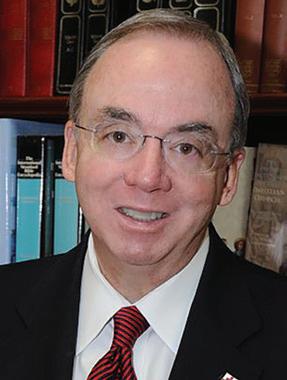
church life, instead of state control or even denominational control.
• Baptists believe that the two ordinances of baptism and the Lord’s Supper are to be practiced as matters of obedience and fellowship, rather than as a means of grace.
• Baptists, more so than any of the 16th-century Reformers, have consistently stressed the priority of the Great Commission and global missions.
We recognize that Baptists are a people committed to the primacy of Scripture, who are heirs of the best of the Reformation. The gospel-focused, scripturally grounded core to which we all must hold has been greatly influenced, both directly and indirectly, by the teachings of the Reformers. It is important for us during this year of commemorating and celebrating the Reformation to clarify our confessional commitments and reappropriate, retrieve, and reclaim the very best of both the Reformation heritage and our Baptist heritage.
We pray that the reminders to which we have pointed in this brief article will enhance our understanding of the gospel and deepen our commitment to Scripture and to our Baptist confessional heritage, bringing renewal to our churches and our shared service as we seek to pass on this heritage in a faithful manner to the next generation, and as we seek to take the good news of Jesus Christ to a lost and needy world.
97% placement rate at organizations like Answers in Genesis, Boeing, Microsoft, and NASA
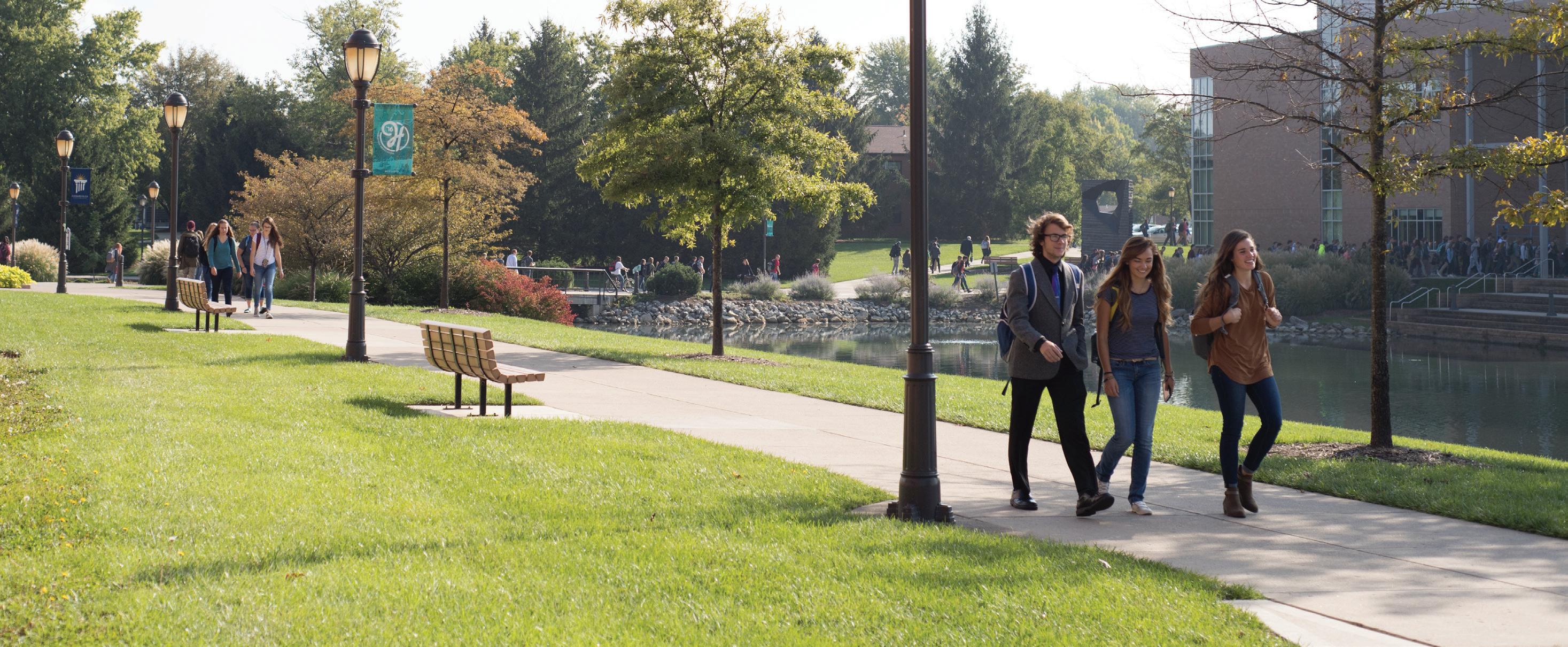
We recognize that Baptists are a people committed to the primacy of Scripture, who are heirs of the best of the Reformation.
Paul Cartwright is the senior pastor of Jesus is the Life Church in Park Forest. The graduate of International Bible Seminary and Trinity Evangelical Divinity School is married to Tanya, and they have five children.
First Baptist Church, Marion has called Madison Presswood as youth minister. Hailing from FBC DuQuoin, he and his wife, Megan, have two children. Presswood earned his Master’s degree in social work before joining staff at FBC Marion.
David Smith is the new pastor of First Baptist Church in Grayville. Smith, a graduate of The Southern Baptist Theological Seminary in Louisville, Ky., previously pastored Herod Springs Baptist and Bankston Fork Baptist in Harrisburg. He and his wife, Stevi, have three children.

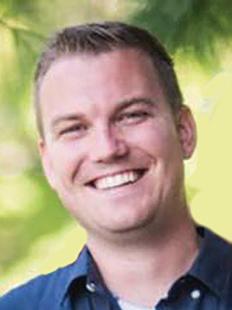
Calvary Baptist Church in Alton has called Brent Snyder to serve as minister of worship. Most recently, Snyder traveled with gospel trio Sons of the Father as a music evangelist. He and his wife, Ola, have two children.

With the Lord
Larry Carter of Aurora died Sept. 1 at the age of 76. Carter served and led IBSA churches during his long ministry, including Main Street and Crosspointe Baptist Churches in Aurora. He is survived by his wife of 56 years, Judy; three children; eight grandchildren; nine great-grandchildren; and three sisters.
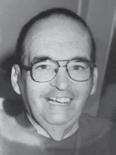

Find more information on ministry positions at IBSA.org/connect
Send NetworkiNg items to IllinoisBaptist@IBSA.org
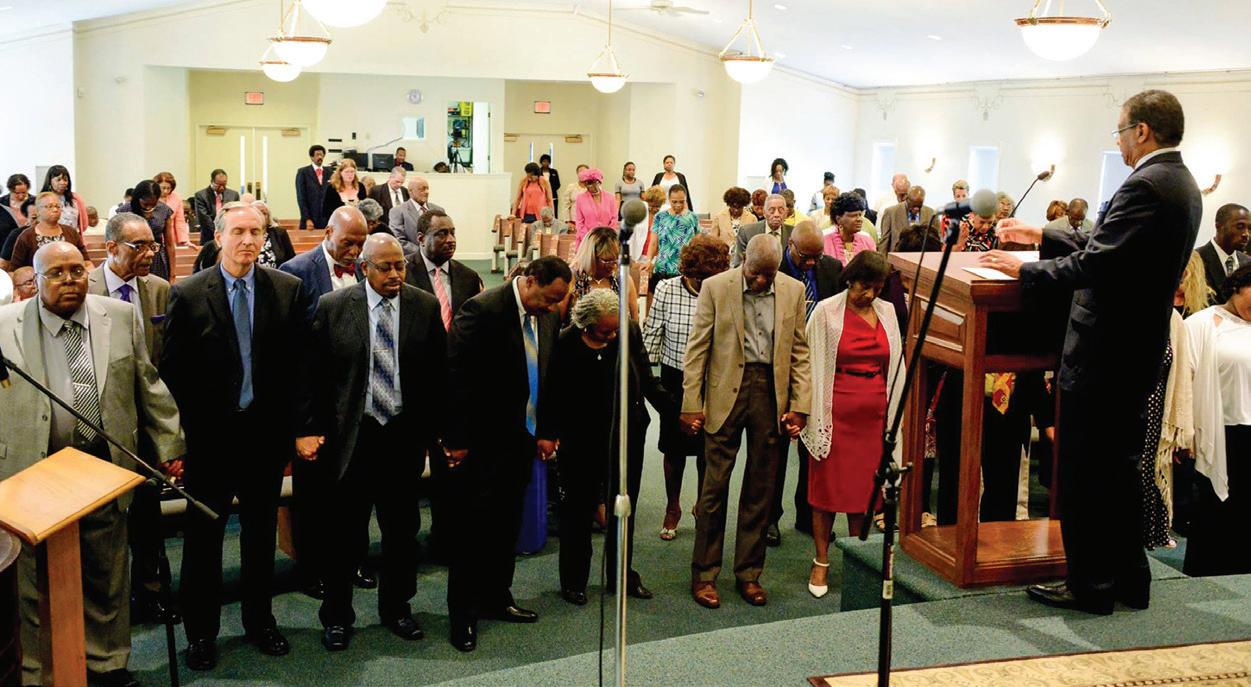

Glen Ellyn | Peoples Community Church celebrated its 10th anniversary August 13 with a banquet and a special Sunday morning worship service. The congregation has been living out its mission to help heal hurting people since James Shannon started the church as a Bible study in August 2007.
“We just looked at the community and said, ‘What’s needed out here?’” said Shannon.
The answers to that question have shaped the church’s ministry as it moved from a Bible study meeting at Glenfield Baptist Church, then on the campus of the College of DuPage, then in another church building they rented, and finally back to
the Glenfield building, which Peoples Church purchased in 2013.
The church has offered grief ministry, substance abuse counseling, and a day program for homeless people in the community. They also sponsor a weekly mentoring program at the local high school, and a once-a-year 3-on-3 basketball tournament.
Of his church’s future, Shannon said they’re going to be like the Old Testament prophet Nehemiah, who stayed at his work high up on the wall, despite pressures below. “We’re going to continue to do what we’re doing, because God has been so good.”
Celebrating 40 years of service
Lloyd Moss, bivocational pastor of Harvard Hills Baptist Church in Washington, retired July 30 after 40 years of ministry. Lloyd and his wife, Linda, served in four states
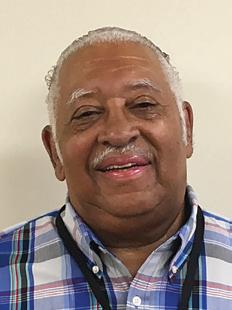
throughout their ministry, planting four churches, pastoring five, and working as North American Mission Board missionaries in Baltimore. In Illinois, he pastored Antioch Baptist, North Alton Baptist, and Rome Baptist in Chillicothe.
CLASSIFIED AD
For Sale: First Baptist Church of Marion is selling a 2004 Ford E450 El Dorado National, 25-passenger bus. It has a 6.0 diesel engine with 37,000 miles. It offers air conditioning, a rear heater, and is in good condition. $15,000 OBO. For additional information, contact Buford Stout at (618) 751-0540 or Mike Malone at (618) 997-9386.
First Southern Baptist Church of Forest Homes in Cottage Hills seeks a full-time/ bivocational pastor to provide leadership, vision, and growth through preaching and teaching God’s infallible word. The candidate must have a heart for the church body and the skills to grow a church of varied ages. Send a cover letter and resume to 1sbcforesthomes@gmail.com or to Pastoral Search, 1437 4th St., Cottage Hills, IL 62018.
Royalton First Baptist Church seeks a full-time or bivocational pastor. Formal education is welcome, but not a necessity. The candidate must be able to lead in Bible study, prayer, evangelism, relationship-building within the church and community, and mission work on multiple levels. Send resumes, including your calling and testimony, to P.O. Box 295, Royalton, IL 62983 or searchcommittee00@gmail.com.
Springfield | The Baptist Foundation of Illinois will award a $1,000 Christian Service Grant to a ministry-related cause in the state this fall. The grant, awarded in addition to the Foundation’s traditional endowment and scholarship support, is given annually to an organization that could make a greater spiritual impact with additional funds. Applications should include a summary and vision of the ministry, and how a Christian Service Grant would help further the work. Send grant requests by Oct. 15 to sheila.jessen@ baptistfoundationil.org, or mail to Baptist Foundation of Illinois, Attn: Christian Service Grant, 3085 Stevenson Dr., Springfield, IL 62703.
Men are invited to a Bible study retreat Oct. 16-18 at Streator Baptist Camp. The annual Streator Experience will be led by Michael Taylor of Devoted to the Word Ministries. Join fellow pastors and leaders in a time of worship and study around the book of 2 Peter.

Cost is $100, which includes lodging for two nights, meals, and snacks; single occupancy rooms available for an additional $15. To register, e-mail streator.experience@gmail.com.
First Baptist Church, Marquette Heights seeks a bivocational pastor to provide leadership, vision, and growth to a small church in a bedroom community near Peoria. Send resumes to 410 LaSalle Blvd., Marquette Heights, IL 61554 or consolidation284@comcast.net.
Faith Baptist Church, Marissa seeks a bivocational pastor. Send resumes to 1225 School View Dr., Marissa, IL 62257 or
pami_5@yahoo.com. Direct questions to Judy Milford at (618) 830-6437 or Pam Welshans at (618) 792-7917.
Athensville Baptist Church seeks a bivocational pastor to lead a thriving rural church. Send resumes to Route 3, Box 79, Roodhouse, IL 62082. For more info, call (217) 589-5531.
September 30
What: Kids in grades 1-6 will enjoy learning how to have a missional lifestyle while studying missionaries and what they do in other parts of the world.
Where: IBSA Building, Springfield Register: IBSA.org/Kids
October 8
Youth Encounter
South - Marion Civic Center, 800 Tower Square Plaza, Marion Central - Tabernacle Baptist Church, 650 N. Wyckles Rd., Decatur
What: A one-day youth evangelism event featuring praise and worship bands, Christian comedy, and evangelistic speakers
Cost: $25 per student if IBSA affiliated, $30 if not; includes dinner. T-shirts will be available as a pre-order until Sept. 26 for $10, limited availability at the door for $15.

Register: IBSA.org/ye2017


October 13-14
What: Join the third largest disaster relief organization in the U.S.! New volunteers take Introduction to Disaster Relief 101, offered Friday evening and Saturday. Chaplaincy class begins at 1 p.m. Friday. Register by Sept. 29.
Training fees: New trainees - $40, Renewal - $10; plus lodging
Where: Lake Sallateeska Baptist Camp Register: IBSA.org/DR
October 18
What: Learn how to increase your emotional intelligence “EQ” and relate more effectively with others; 11:30 a.m. – noon.
Where: Your computer Register: IBSA.org/Women
October 28
VBS Preview Event
What: Get a sneak peek at 2018 VBS: “Game On” based on 2 Peter 1:3. Registration: 8 a.m.; event is 8:30 a.m. –2:30 p.m.
Where: IBSA Building, Springfield Register: IBSA.org
September 30 | IFI Faith Forum with Ray Comfort
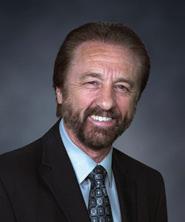
Medinah Baptist Church, Medinah, IL
We are pleased to have Ray Comfort for an event we have titled “Equipping the Saints: Abortion, Homosexuality, Atheism and YOU!” Ray is the Founder and CEO of Living Waters ministry and the best-selling author of more than 80 books, including “How to Know God Exists,” “The Defender’s Guide for Life’s Toughest Questions,” and “The Evidence Bible.” Ray may be best known for his award-winning documentary “180.”
October 5 | IFI Christian Heritage Forum with David Barton Decatur Conference Center, Decatur, IL
We are pleased to have David Barton headline this special event. He is a beloved Christian minister, conservative activist, and the Founder and President of WallBuilders, a national pro-family organization that presents America’s forgotten history and heroes, with an emphasis on our moral, religious and constitutional heritage.
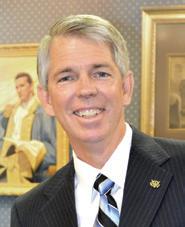
October 27 | IFI Faith, Family & Freedom Banquet The Stonegate, Hoffman Estates, IL
This year we are excited to have Lt. Col Allen West keynote our annual fundraising event. During his 22-year career in the Army, he served in Operation Desert Storm and Operation Iraqi Freedom, receiving many honors including a Bronze Star. In 2010, West was elected as a member of the 112th Congress representing Florida’s 22nd District. He is a Fox News contributor and author of “Guardian of the Republic.”
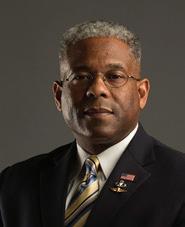
QI have a full-time job, but I also have a small Etsy business on the side selling 10 products that makes about $200 a month. I don’t see the money from this part-time work getting any bigger in the future. Should I keep a separate account for this business, or just roll it into our regular checking account?
AIt’s very important to have a separate account, or accounts, for small businesses for two reasons. One, it’s a huge help when it comes to taxes and tax season. It will also give you a much clearer picture of how your business is actually doing. Whether you’re talking about revenue or tracking expenses, it will give you an easy-to-read report card.
Even if the business is small and is going to stay small, I would want to know—almost as an intellectual exercise—which of my products were winning in the marketplace. This would help you concentrate on the ones that are making you money, and allow you to focus less on the ones that aren’t doing so well.
So yeah, you need to keep a separate business account, and preferably a separate checking and savings account on your business. Make sure 100% of the income from the business goes into those accounts, and only expenses associated with the business come out of those accounts.
With really small side businesses, your checkbook register can almost become a simplified profit and loss statement.
Financial advisor Dave Ramsey is a prolific author and radio host.

QMy wife and I have had marriage problems, and a lot of them were related to money. We’re working through those issues and are on Baby Step 1 of your plan. We have $40,000 in credit card debt, along with a combined income of around $70,000, so I talked to her about taking an extra job or two. She said she would rather I be at home so we can spend more time on our marriage. What should I do?
AFirst and foremost, I would urge you two to begin seeing a good marriage counselor together. Money problems and fights over money are the number-one cause of divorce in our country today. Continuing to deal with these issues, with the help of a good, caring counselor, will create even more communication.
I think you’ve both realized you’re going to be in a mess if you don’t address your money issues. However, her concern about spending more time together is valid. Since you’ve just started the rebuilding process, maybe you could put off the extra jobs for a month or two—but no longer. That should give you both time to talk, hug on each other a lot, and start developing a solid plan together for the future!
amazing women serving our maker
Location: Cairo
Focus: African Americans
Characteristics: Cairo is a city in transition. After peaking at 15,000, the population has declined to less than 2,900. At one time, this town at the confluence of the Ohio and Mississippi Rivers had booming business and industry; today, there is very little left. In April, it was announced government housing will be closed and torn down, displacing more than 600 people.
Prayer needs: Pray for unity among the churches and pastors in Cairo, for a multi-ethnic church to be planted there, and for the 22 people who were recently saved through outreach in Cairo to be baptized and grow to maturity in their faith.
devotional
Read: Nehemiah 1
There are times in a believer’s walk that the burdens of life compel one to earnestly seek the Lord’s favor. Nehemiah, a trusted servant of the Persian king, was confronted with a report about the distressing conditions of his kinsmen and Jerusalem. He was so overcome with despair that he spent days in mournful sorrow for the situation. In the midst of his grief, he fasted and prayed for God’s help out of concern for others.
The broken walls of Jerusalem and the broken hearts of men were problems Nehemiah recognized that he could not fix alone. Thus he turned to the almighty God for whom nothing is impossible. He called out to the “great and awesome God” for help.

Have you looked at your facilities with fresh eyes lately? If it’s been a while, then perhaps it’s time get a good look at the place. Consider the following:
QThe pastor wants every leader in our church to commit to attending a Sunday school class and weekly outreach to unchurched people. I agree with him, but I’m hearing grumbling. What should I say to the naysayers?
AI agree leaders in the church should demonstrate the importance of faithful attendance and participation in church activities. However, people are also busy, and requiring them to attend “weekly outreach” might be a real stretch of their time. Perhaps your conversation does not need to be with the naysayers as much as with the pastor. Would weekly Sunday school attendance and once-a-month outreach attendance be acceptable? With all the demands on one’s time, and remembering that families are vitally important, perhaps your pastor would be willing to make an adjustment that would be seen as both feasible and reasonable.
My preacher says the longer we’ve been Christians, the harder it is to meet lost people. How do we get some lost people in our church?
A
KEVIN CARROTHERSAs he acknowledged God’s power, he also recalled God’s covenant with Israel and asked God to remember it because there was still a faithful remnant who continued to follow the Lord. Yet as he prayed, he confessed both personal and corporate disobedience and the sin of Israel. Finally, he requested that the Lord make him successful and grant him favor before the king. Nehemiah demonstrates for us how to pray with compassion for those in trouble, but also that as a leader, prayer needs to be a priority— done consistently and specifically.
PRAYER PROMPT: O Sovereign Lord, ruler and creator of all things, we need your help. Only you, Lord, can penetrate the spiritual darkness and brokenness of this age. Forgive us our lack of faith and anemic witness. Increase our faith and make us bold witnesses for you. Amen!
Kevin Carrothers serves as director of missions for Salem South Baptist Association and is concluding his second one-year term as IBSA President.
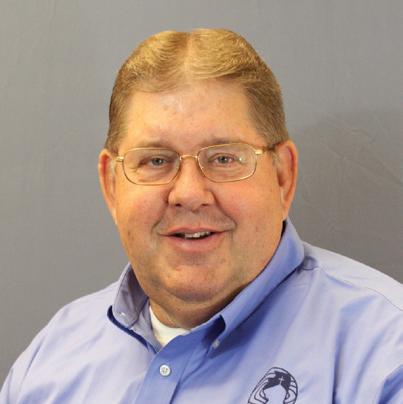
A survey by Barna Research says 47% of Millennials (born 1984 to 2002) say it’s important for a church to look like a church. The number is even higher for people with some church background. In that case, an older facility might not be a turnoff, if it’s kept fresh. “The winning combination is ‘cathedral’ in your worship space and ‘coffee shop’ for your gathering space,” said Barna advisor Kevin Miller from Wheaton, Ill., so long as the worship service supports that approach with some appreciation for a few traditional elements.

When planning to spruce up, multisite expert Jim Tomberlin recommends that you

• Upgrade AV to maximize the worship experience;
• create large lobbies and expand narrow halls;
• convert church parlors, fellowship halls, and gymnasiums into relationally inviting rooms that foster community, like Wi-Fi cafes, conversation pits, and conference rooms; and
• transform children’s spaces into cutting edge environments that are colorful, open, and secure.
And remember to put Millennials on the design team.
– From “Making Space for Millennials” (Barna Group)
Trust me, there is no shortage of lost people in the world! However, the longer a person is a believer, the more he or she will gravitate toward other Christians. Believers often find they have little in common with the unsaved, and feel more comfortable in the company of those who are more like themselves.
The way to meet and build relationships with non-believers is to look for opportunities to interact with them that don’t violate your moral values. Bowling leagues, softball teams, exercise classes, marathon running, motorcycle groups, fishing expos, golf outings, etc., all open the door to building friendships and sharing the gospel message. Don’t be afraid to step out of your comfort zone and try something new.
Pat Pajak is IBSA’s associate executive director for evangelism. Send questions for Pat to IllinoisBaptist@ IBSA.org.
